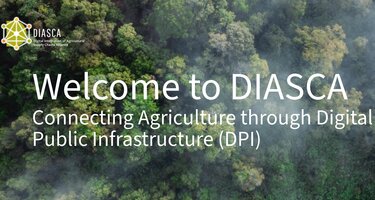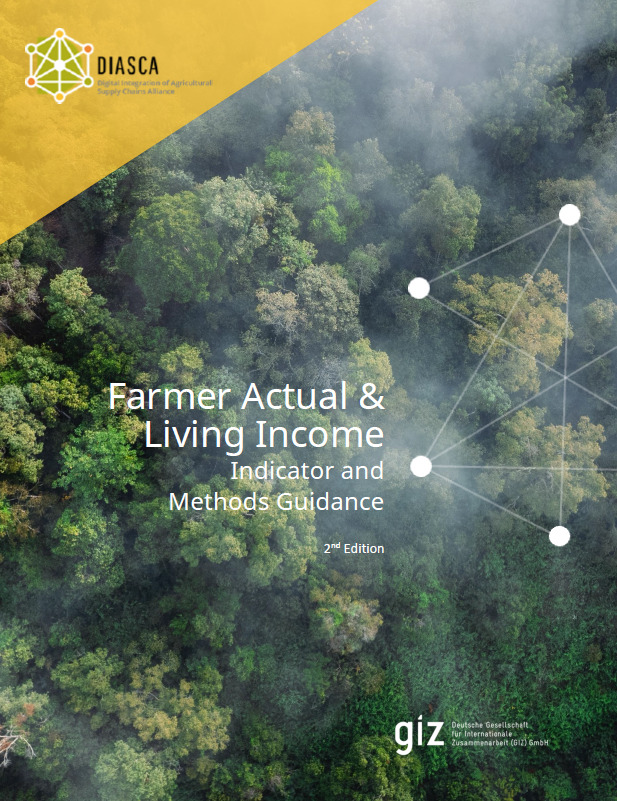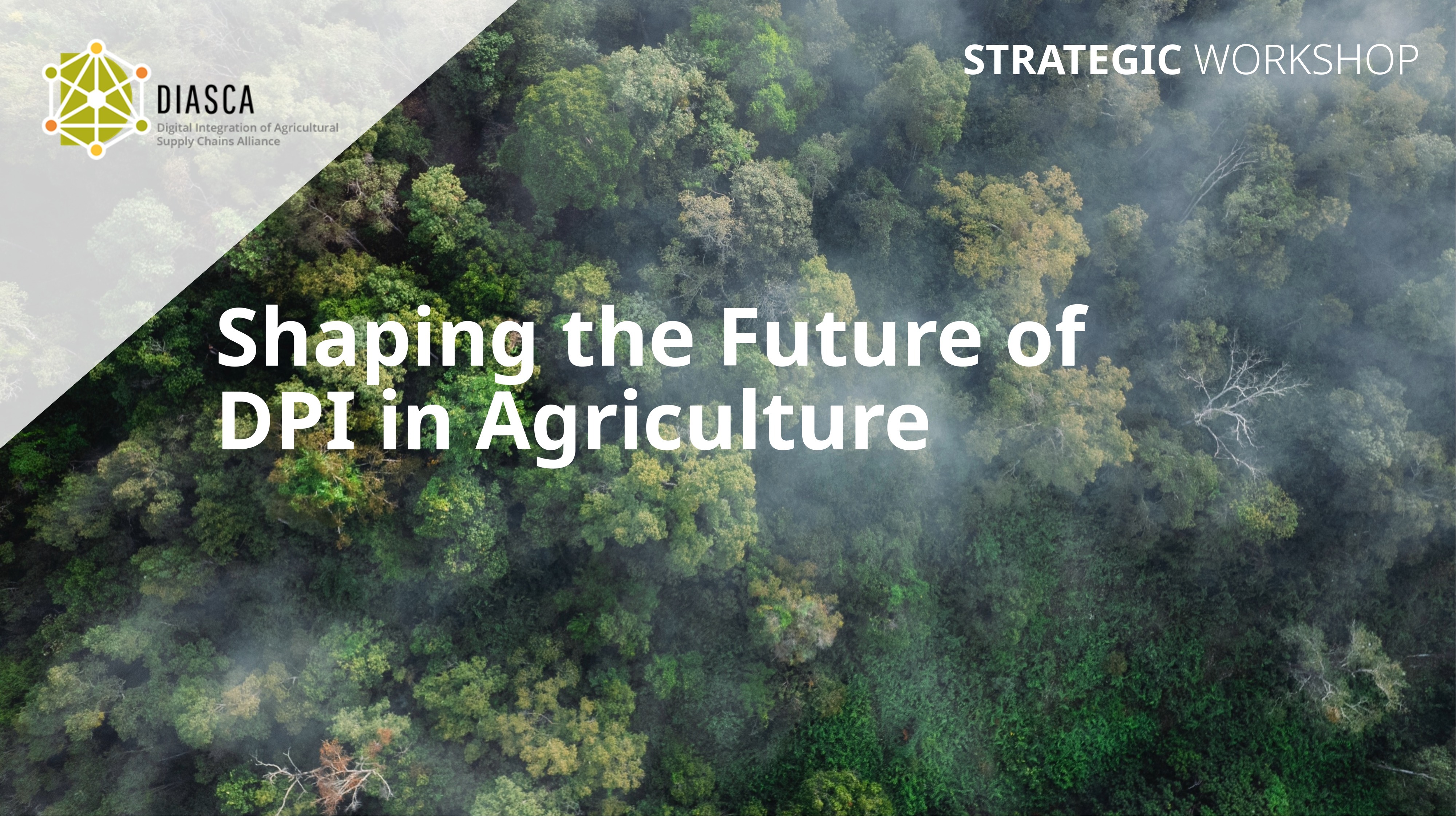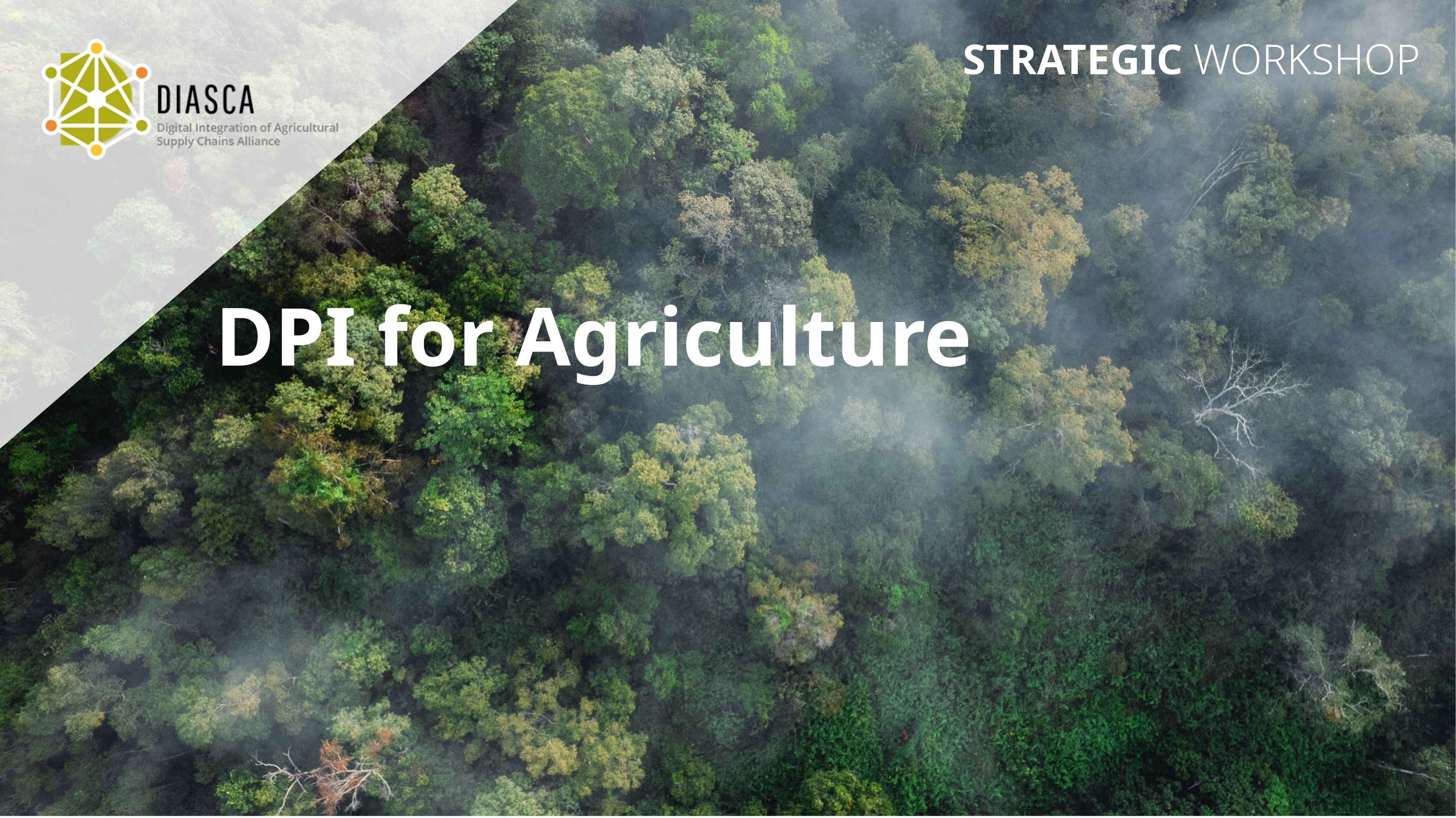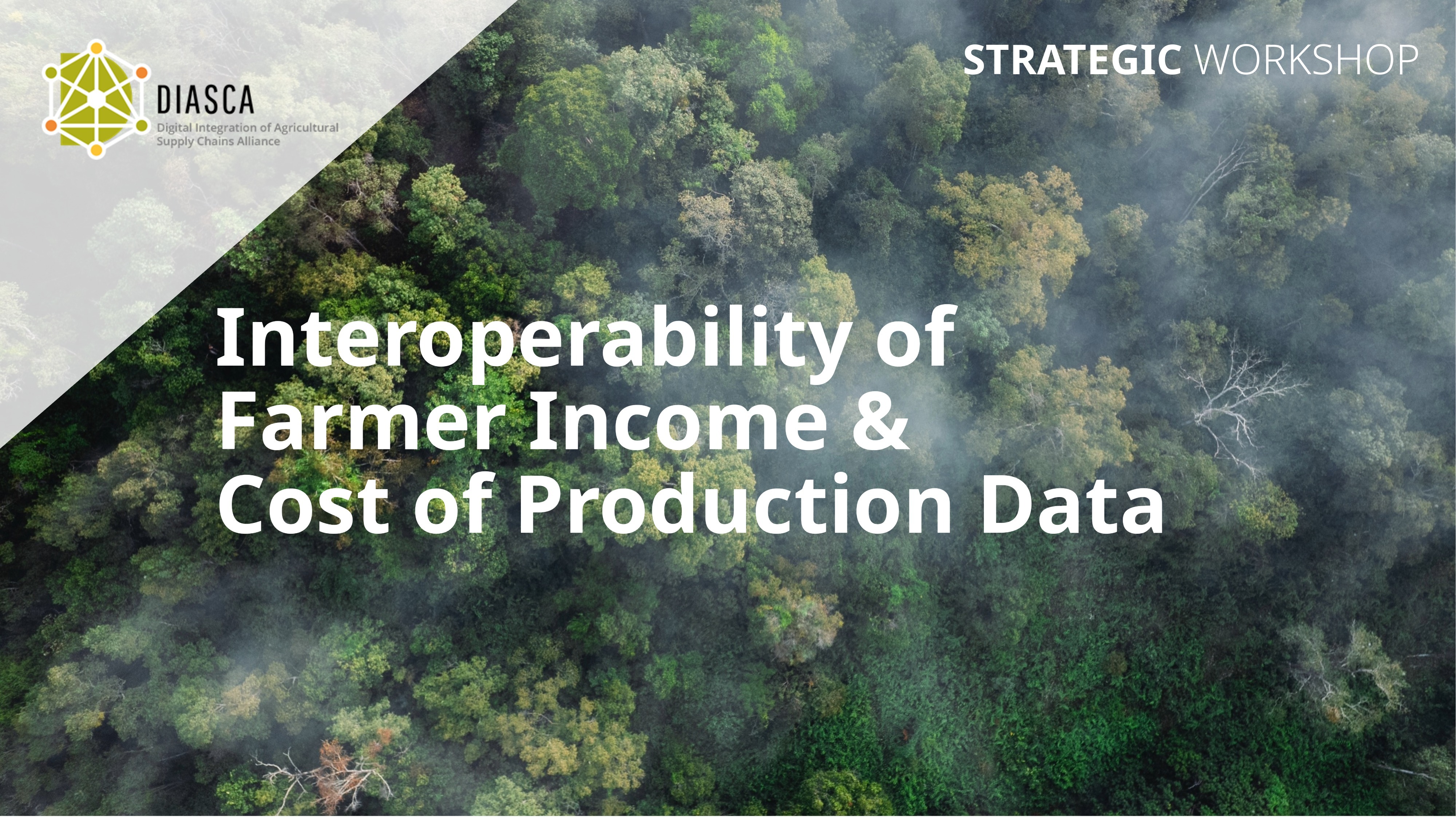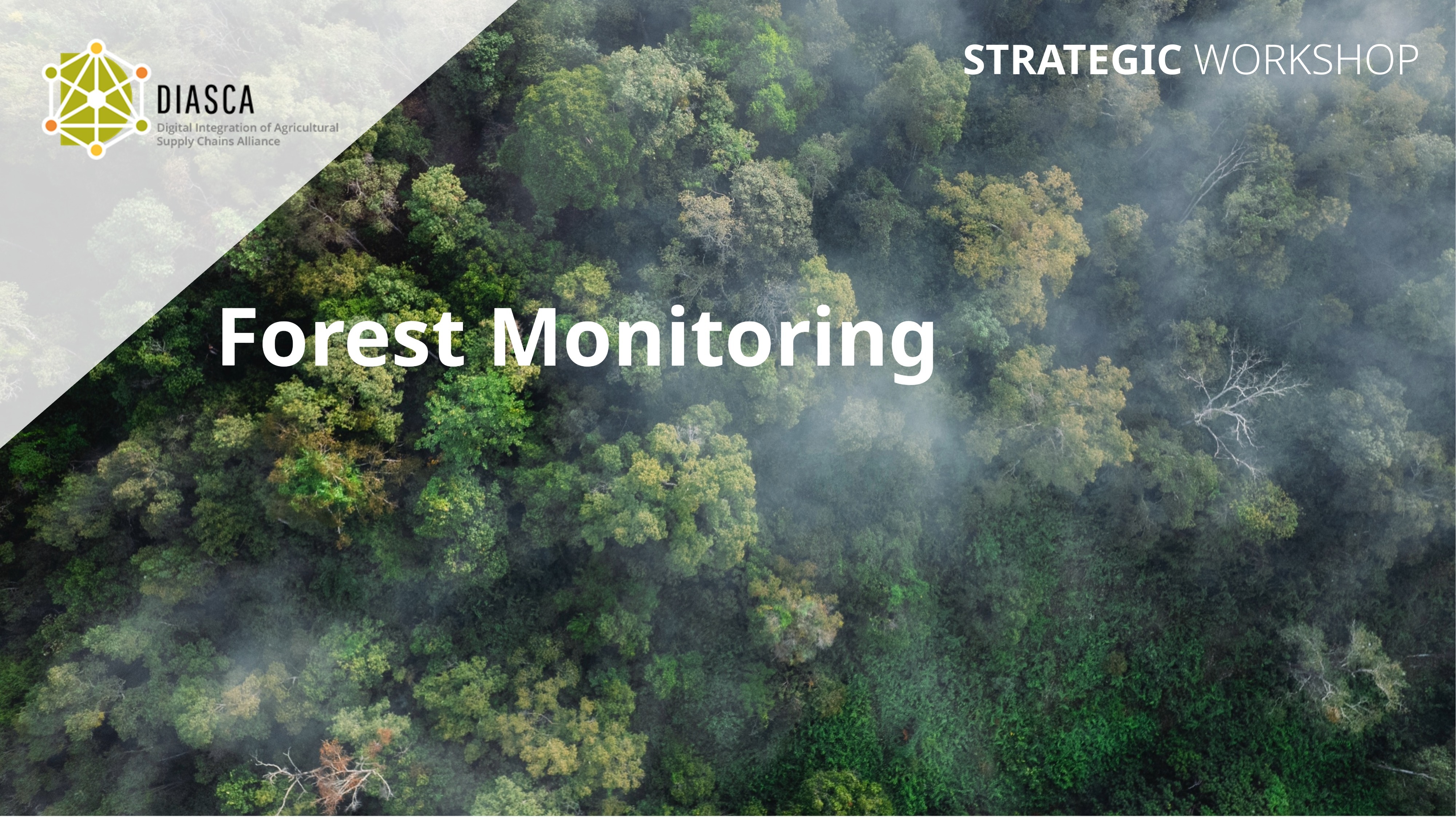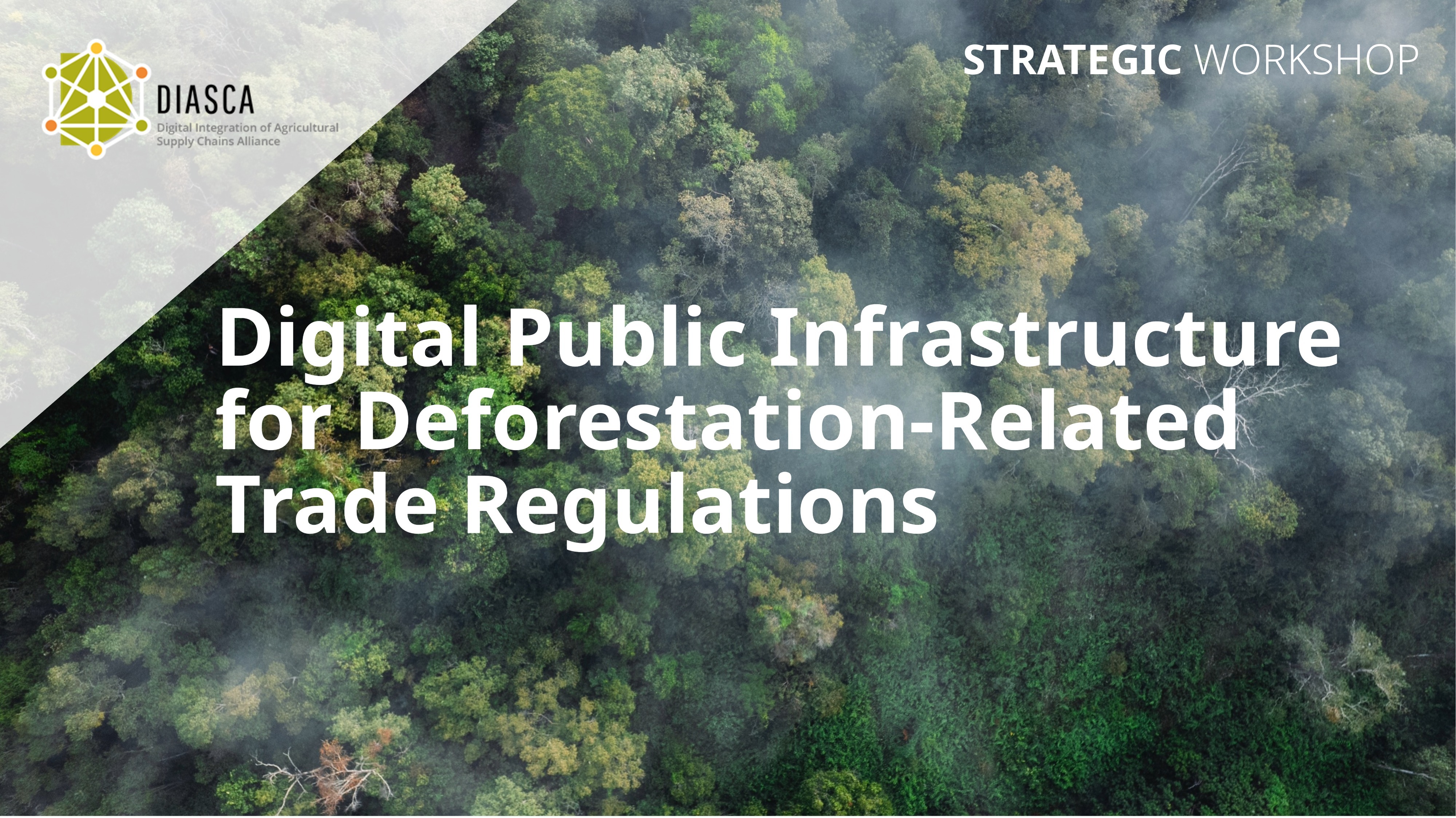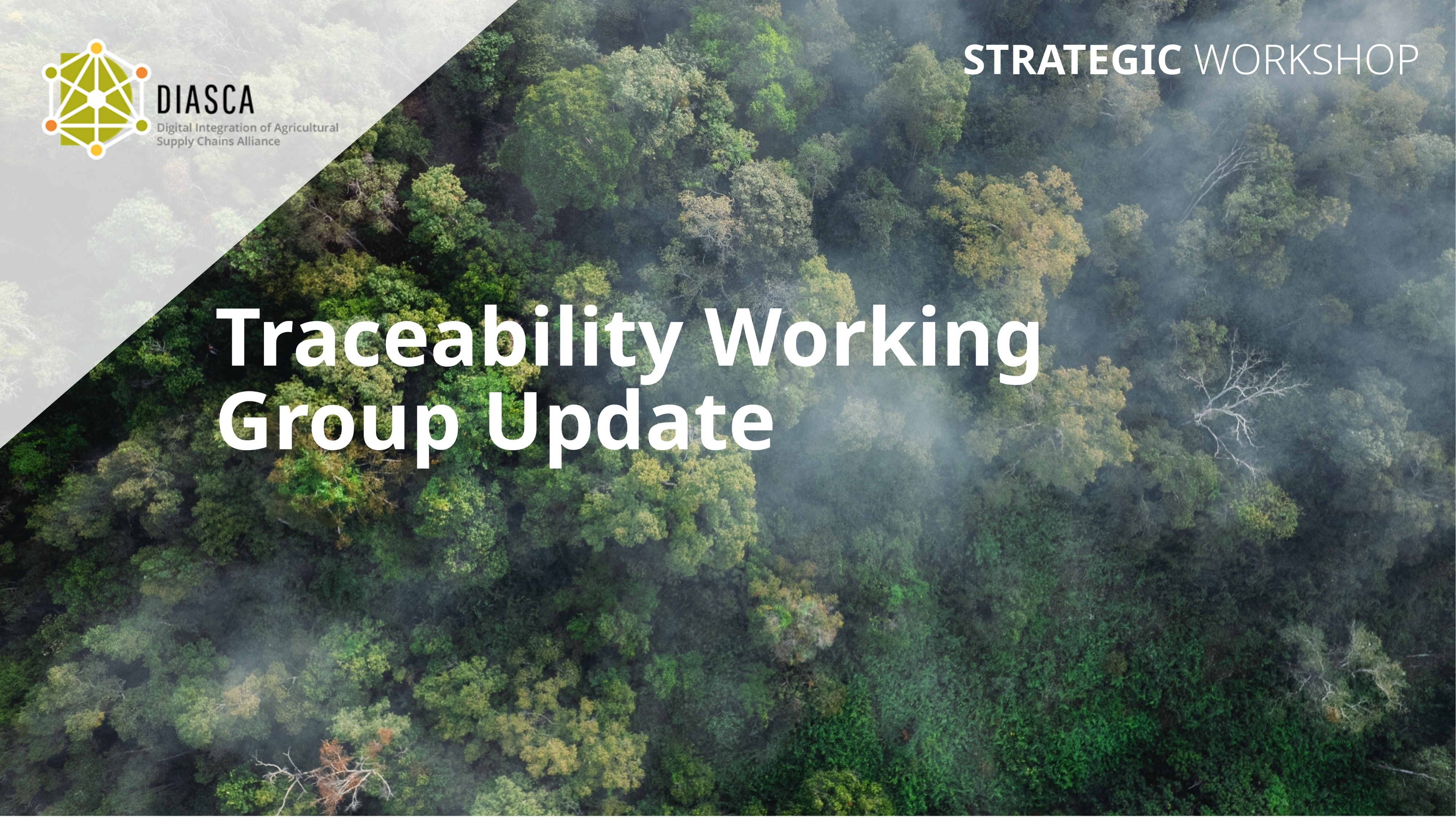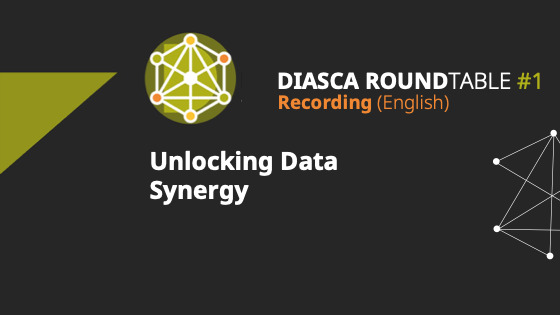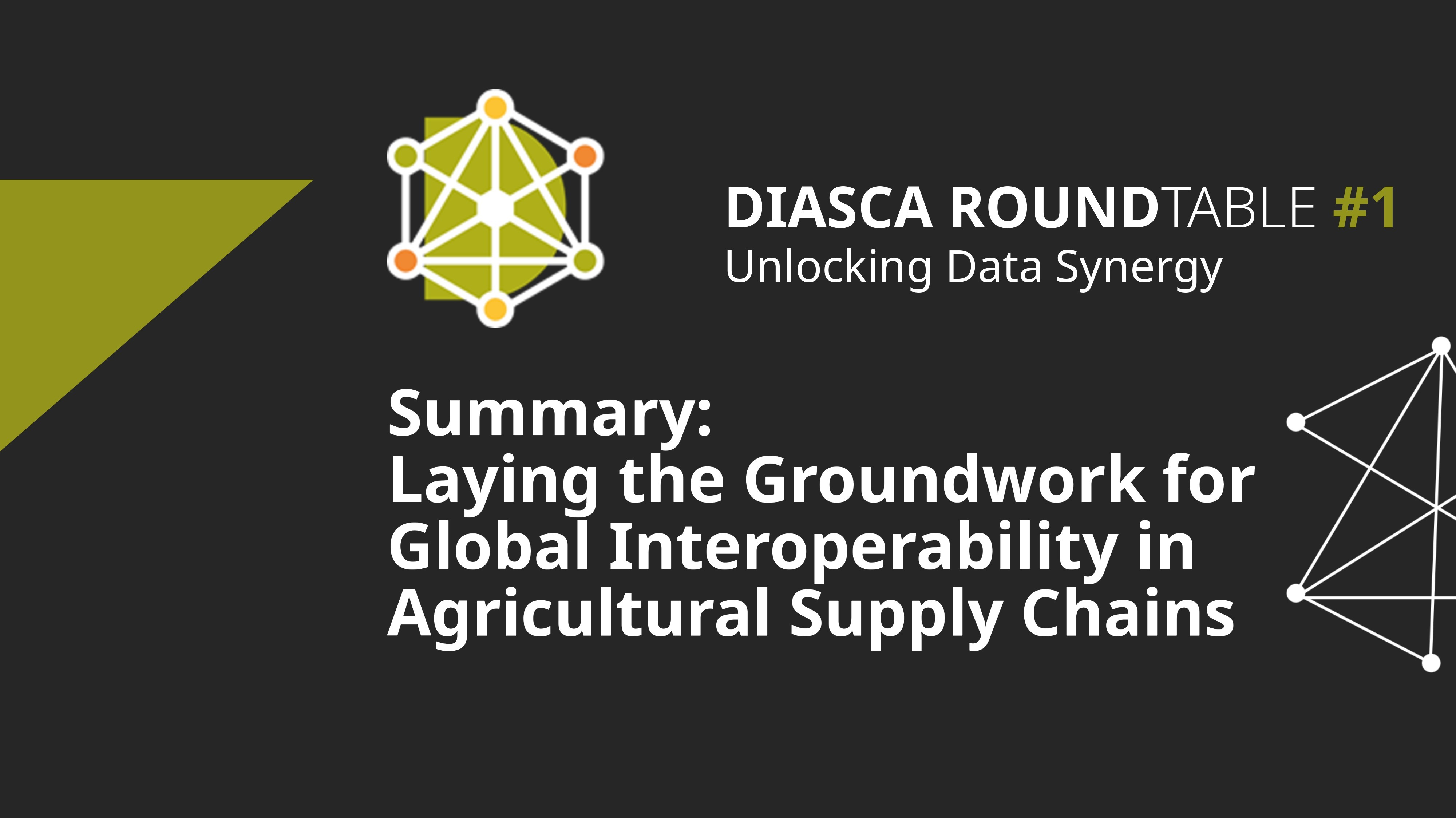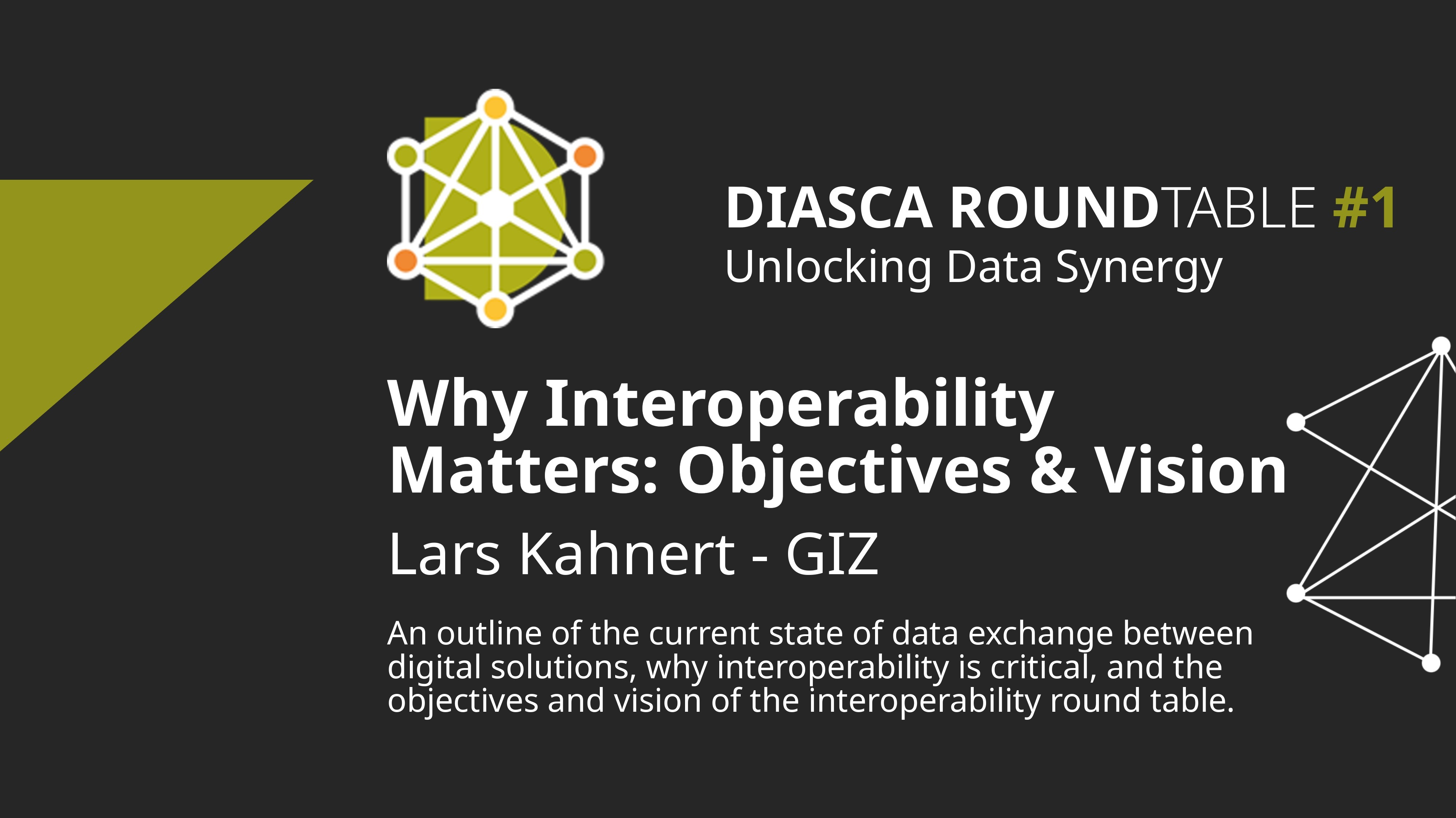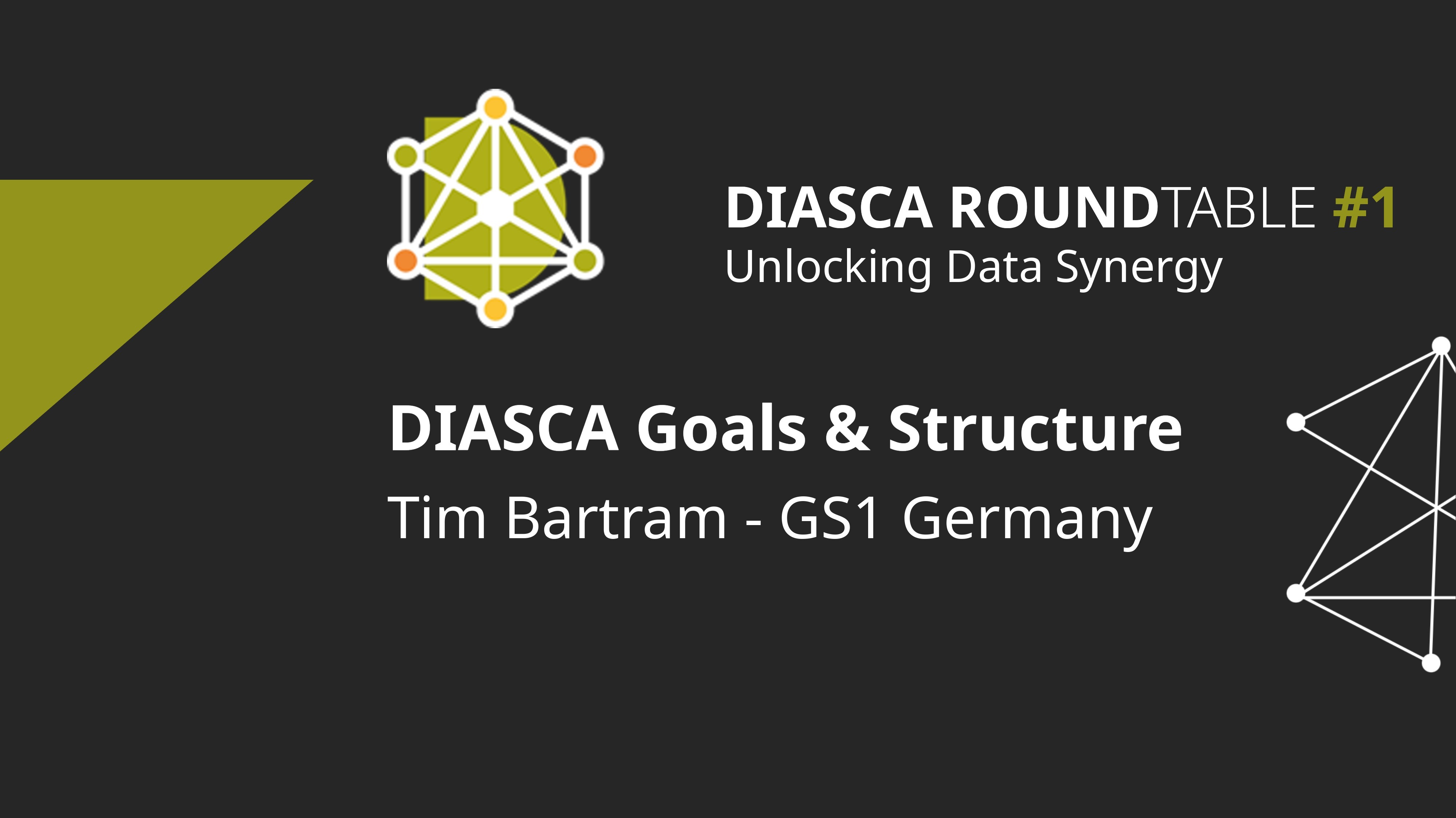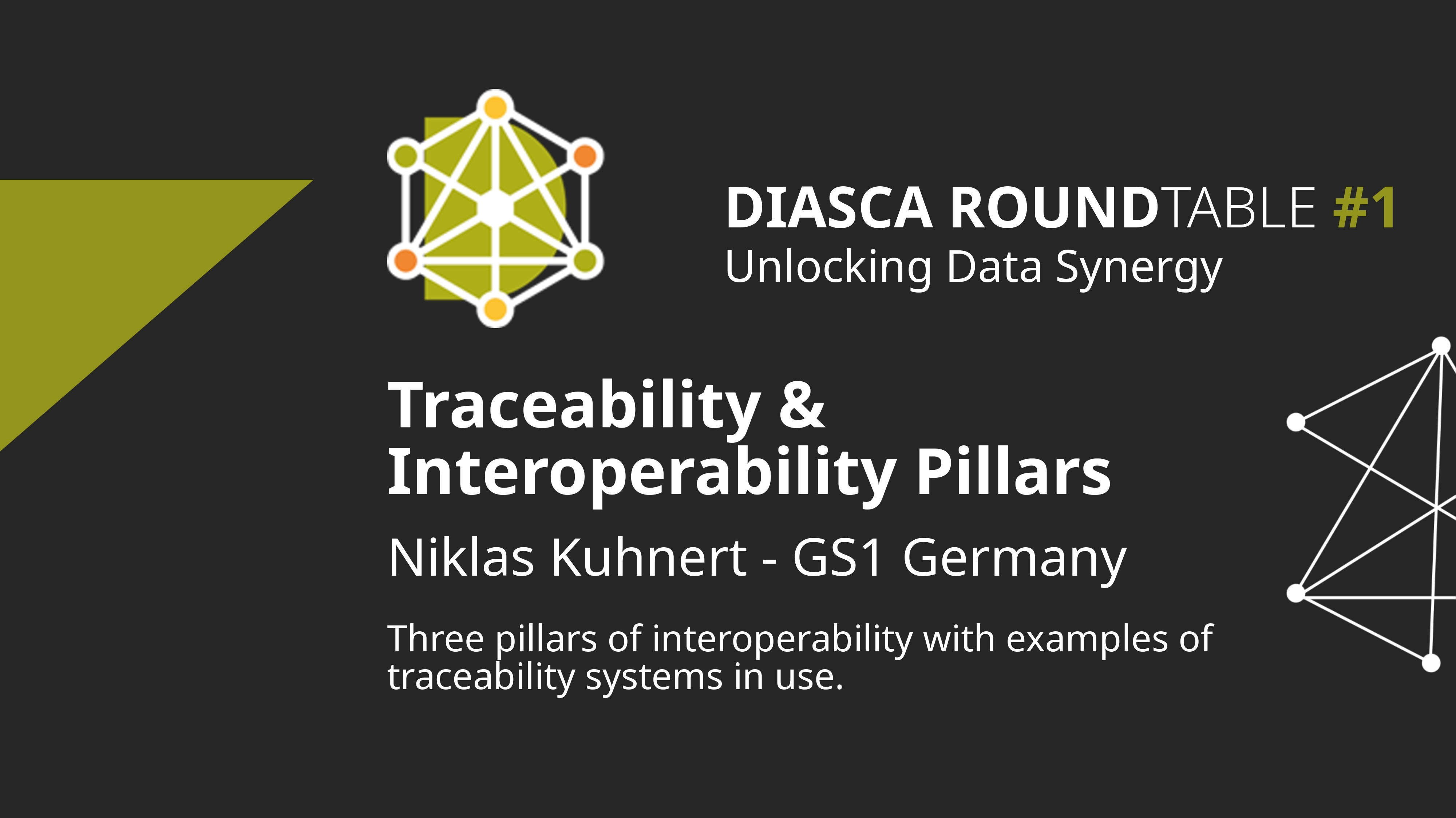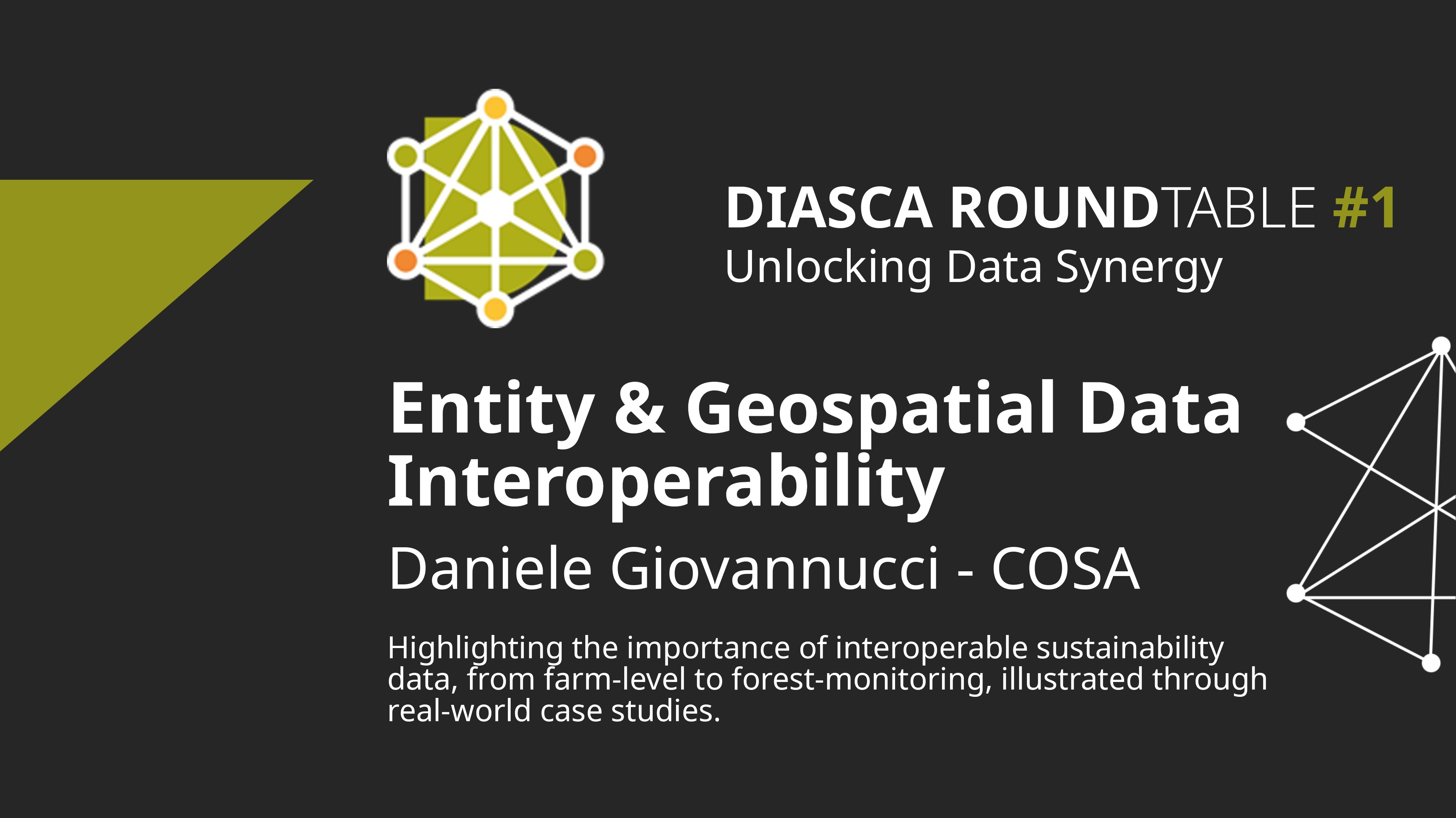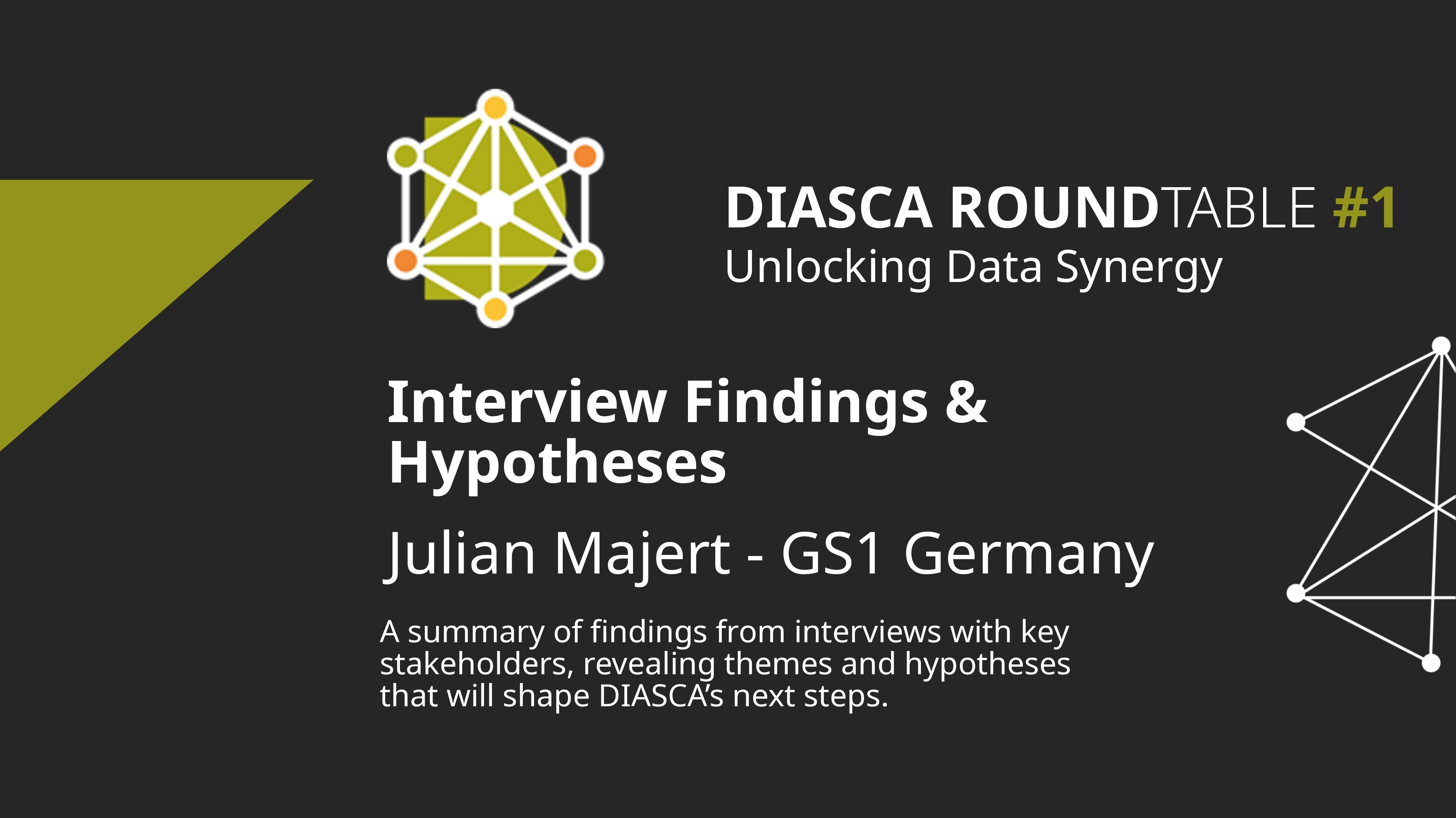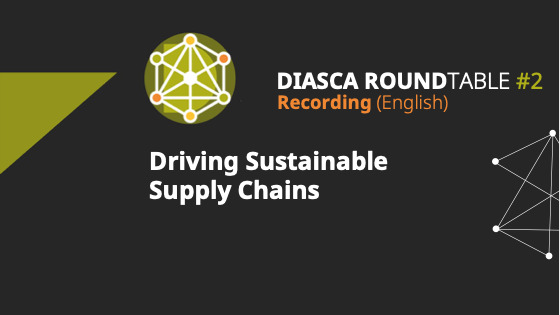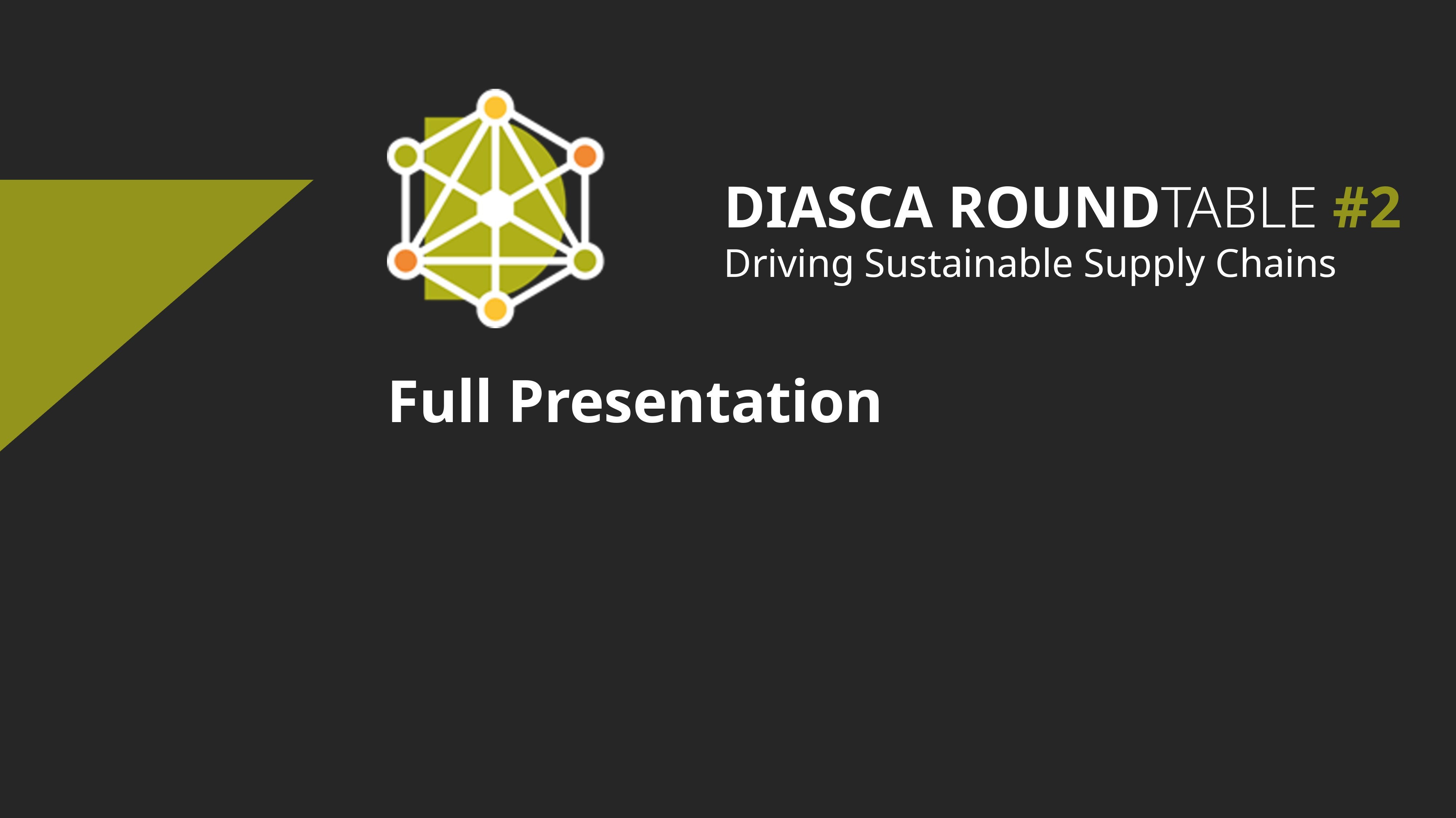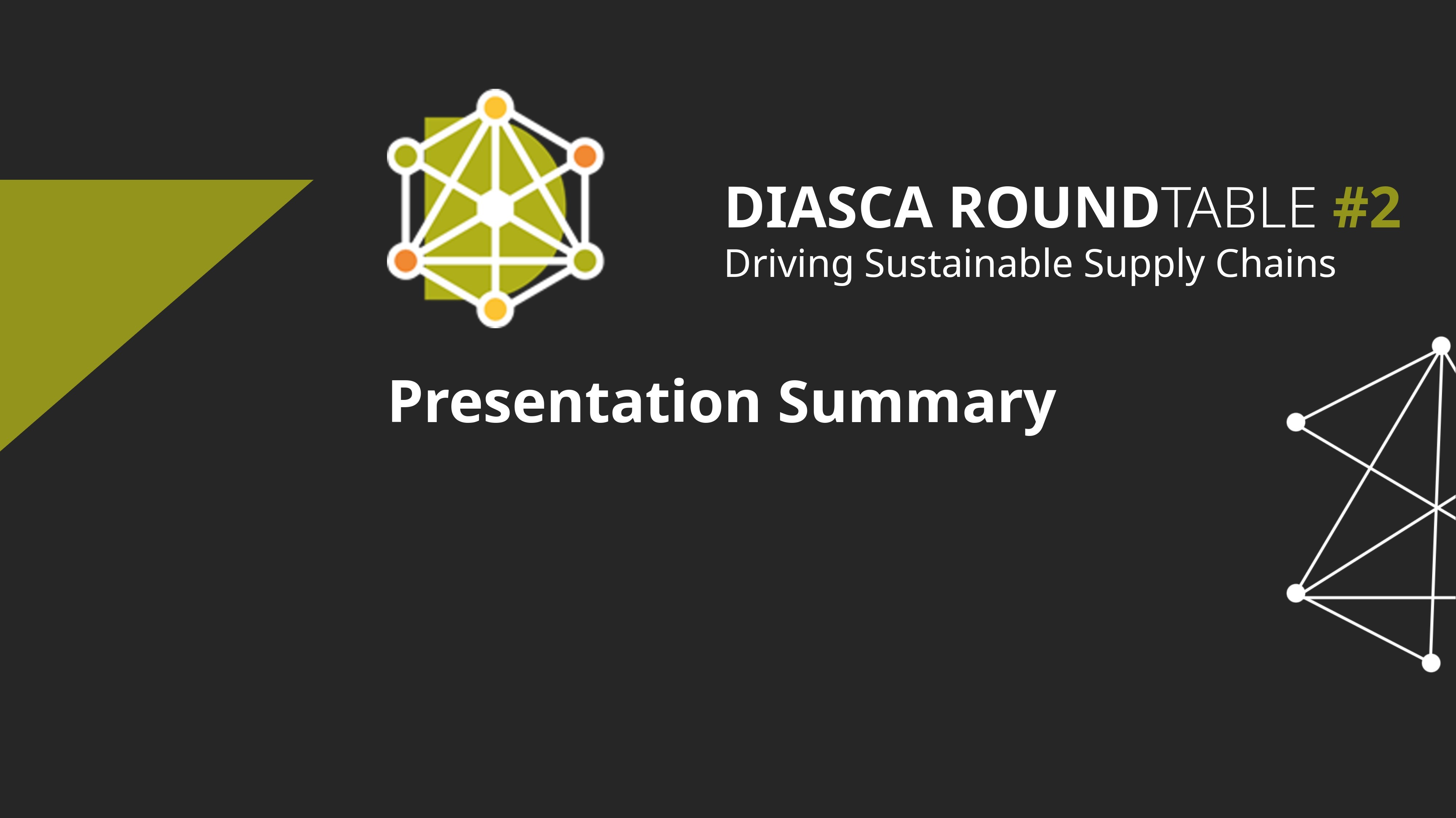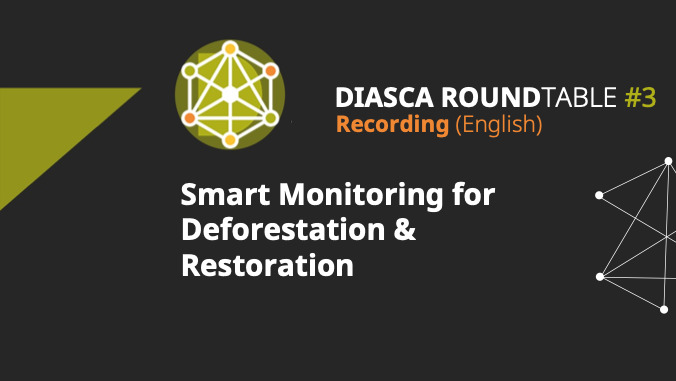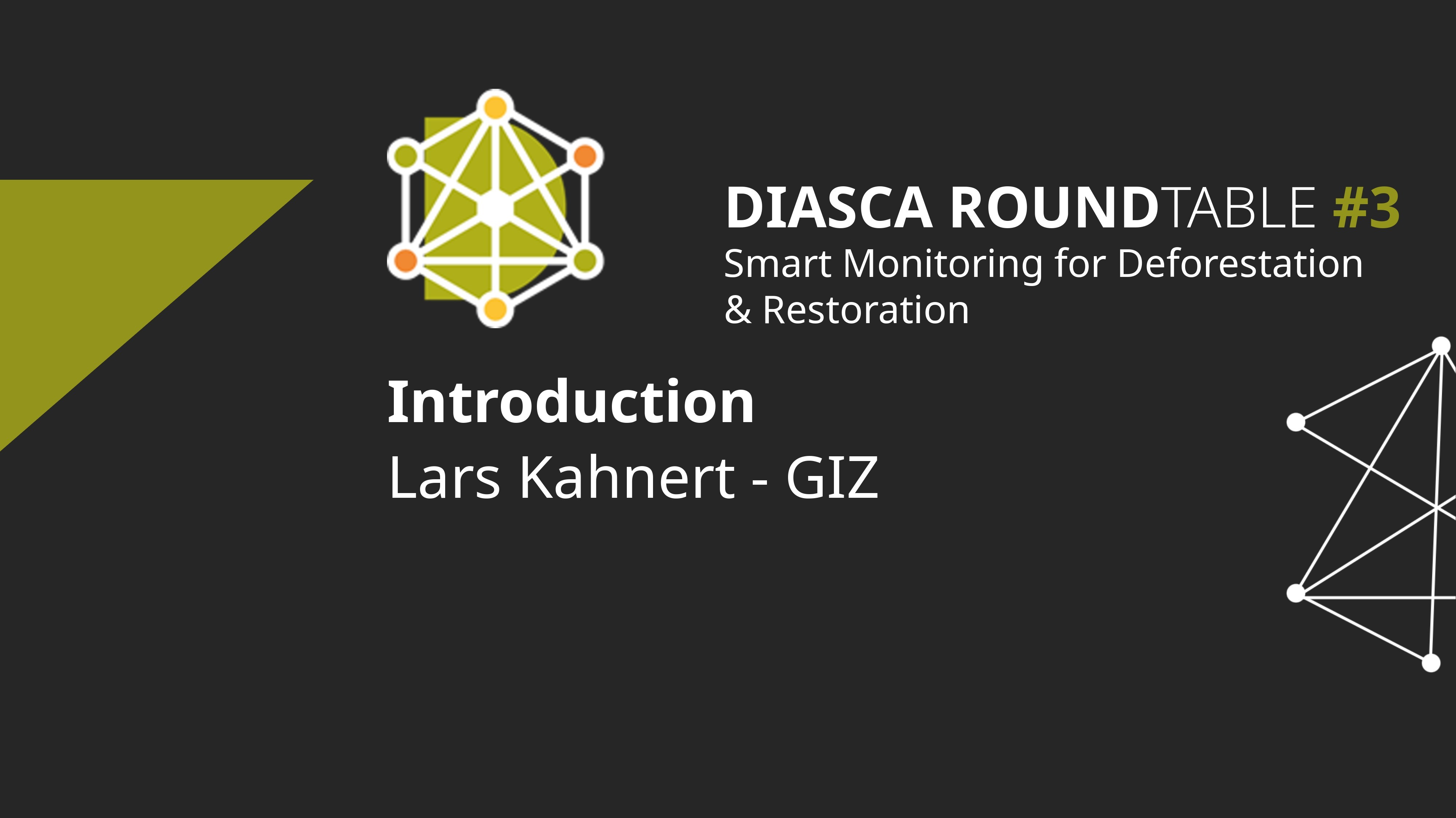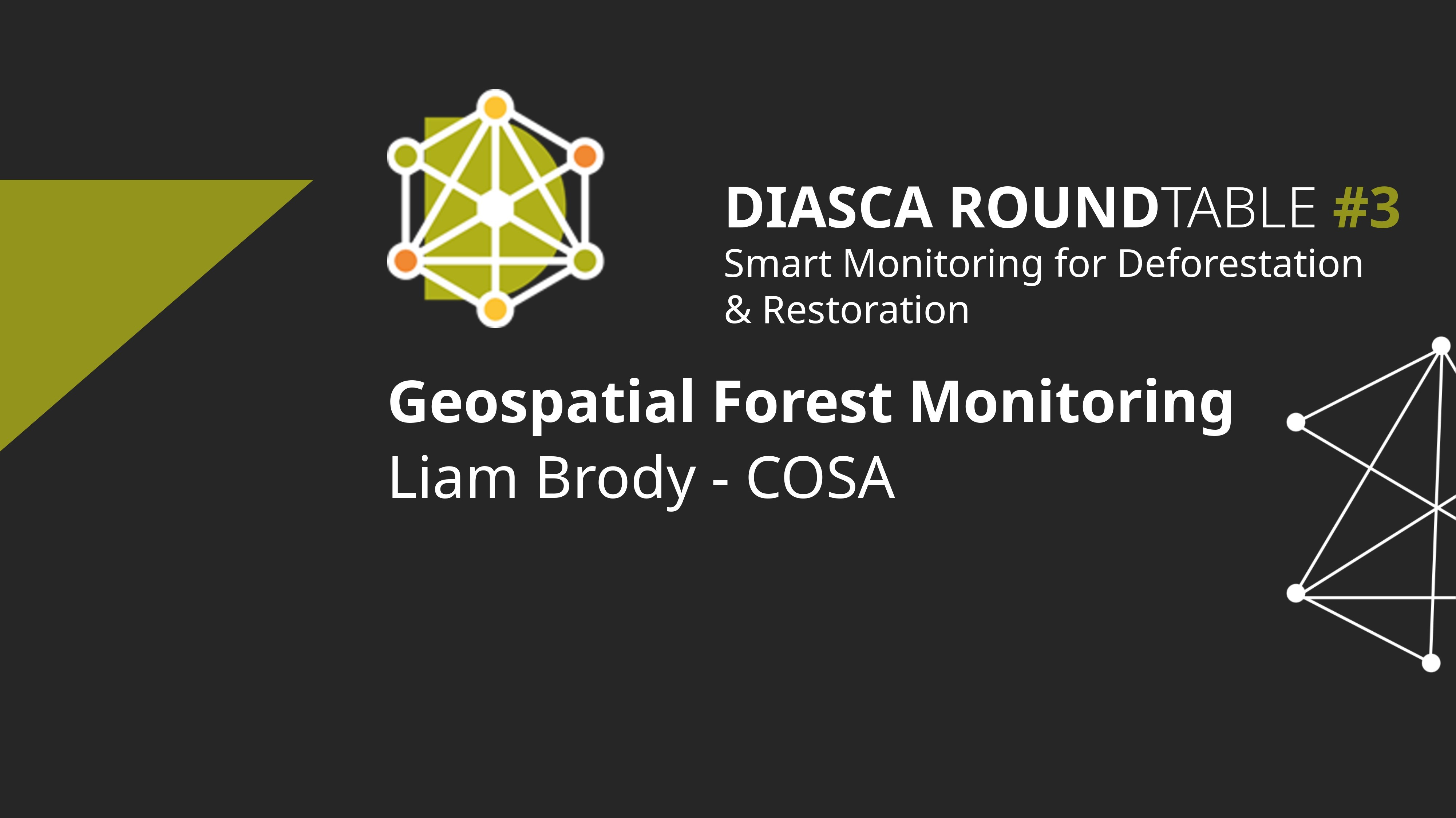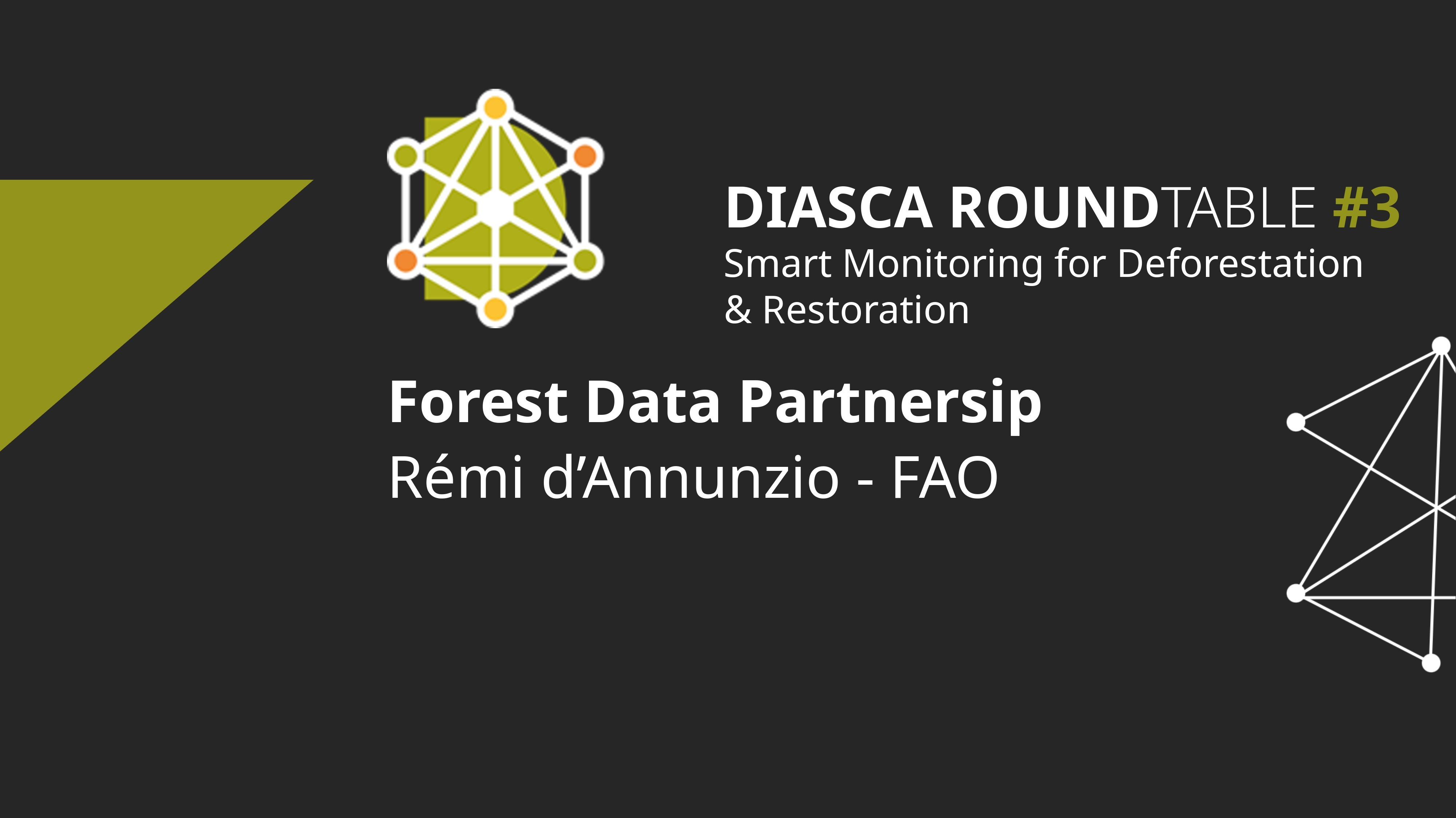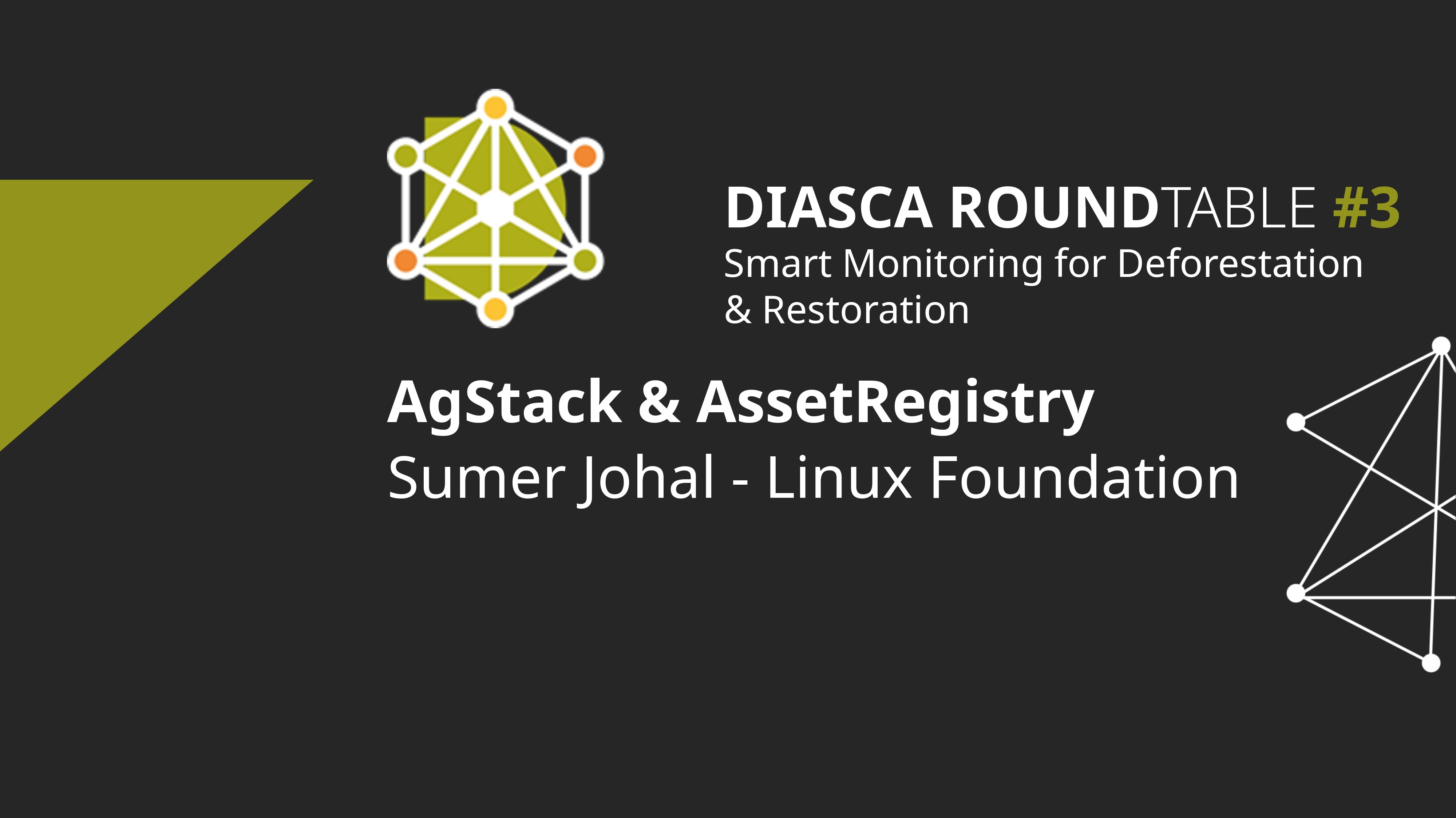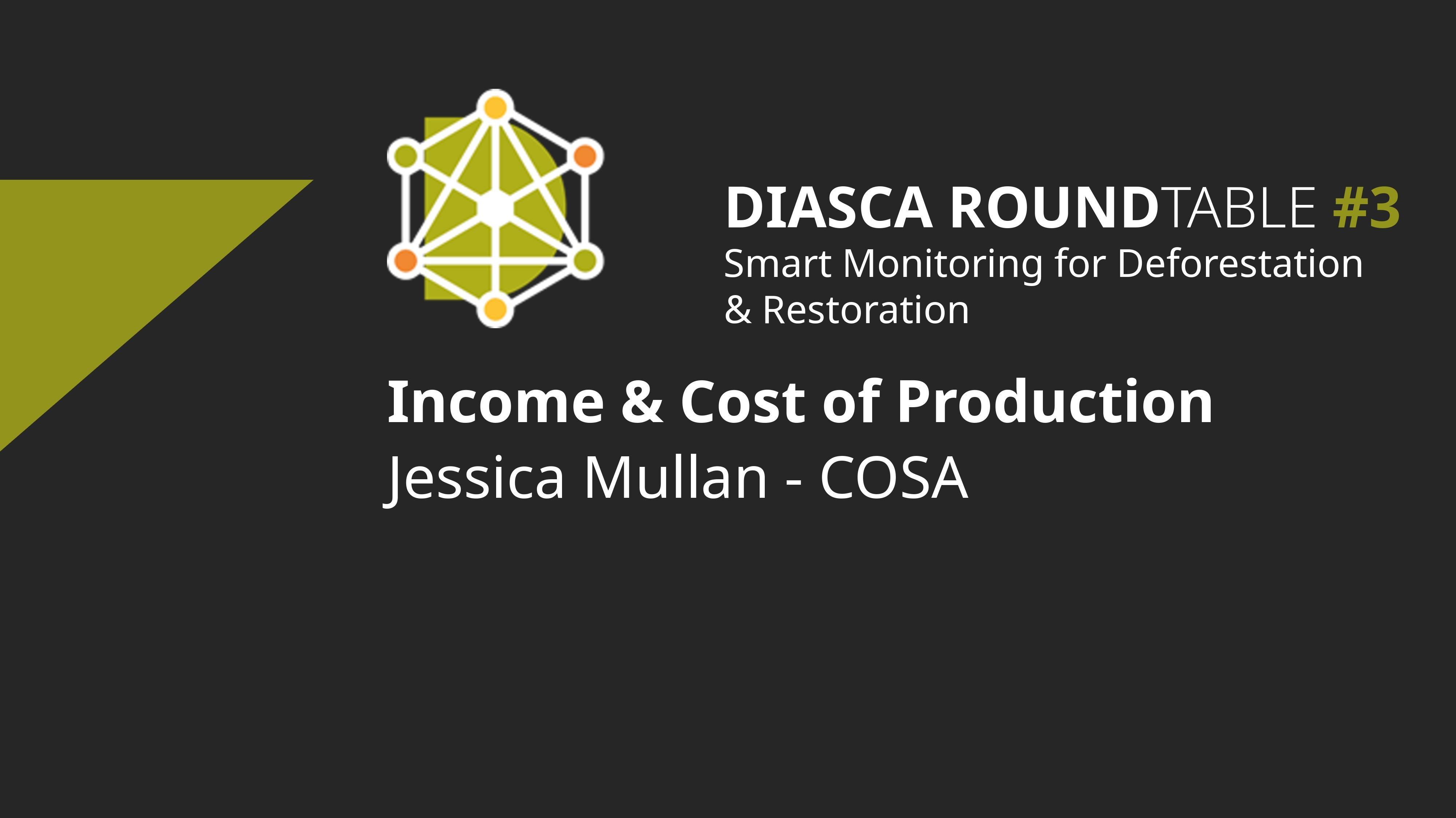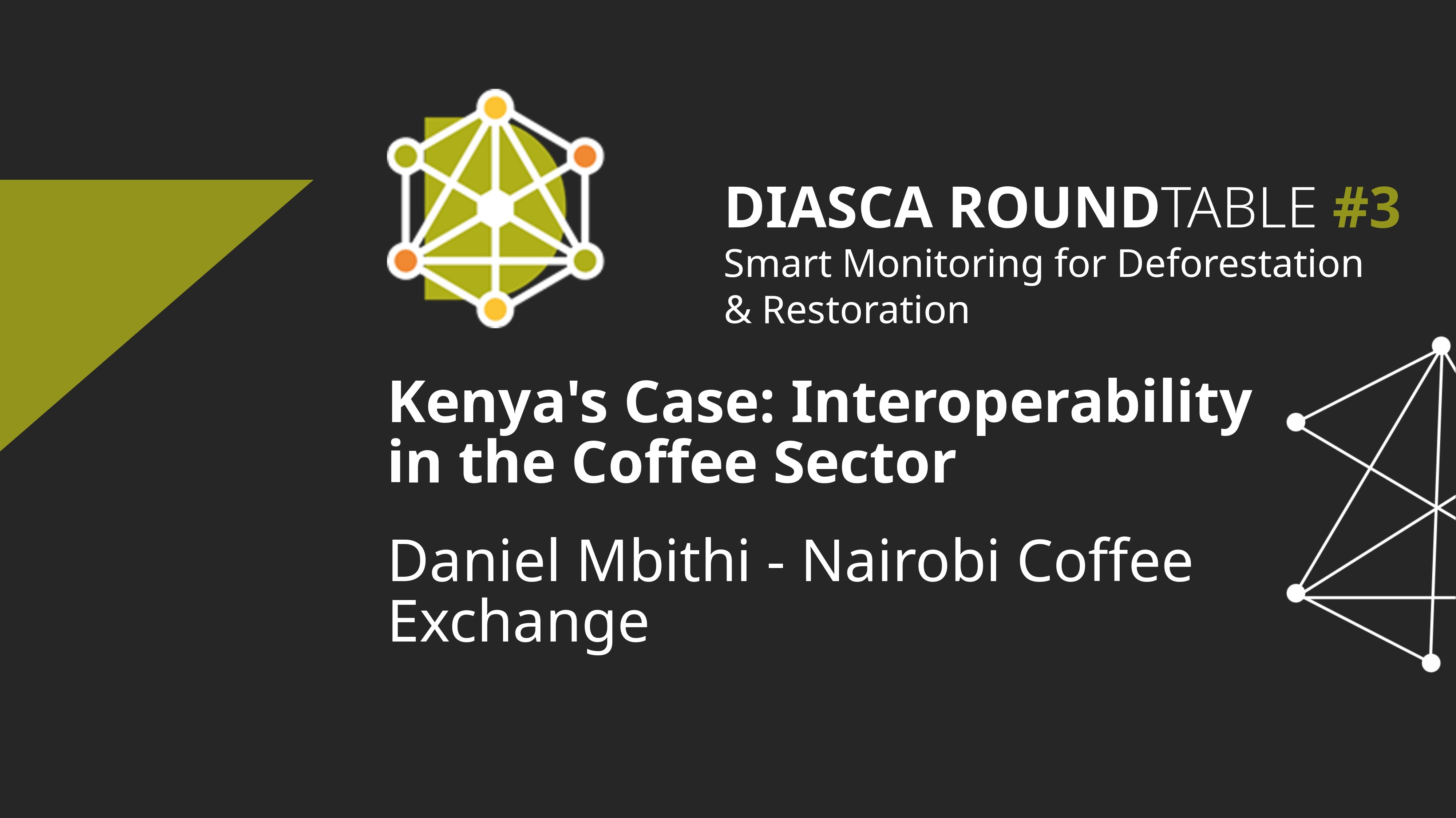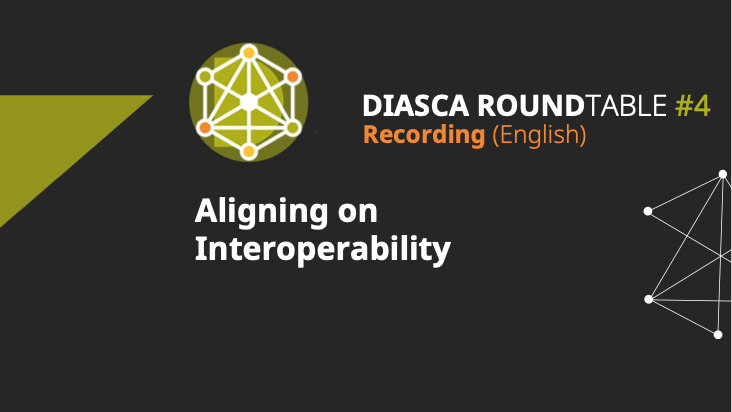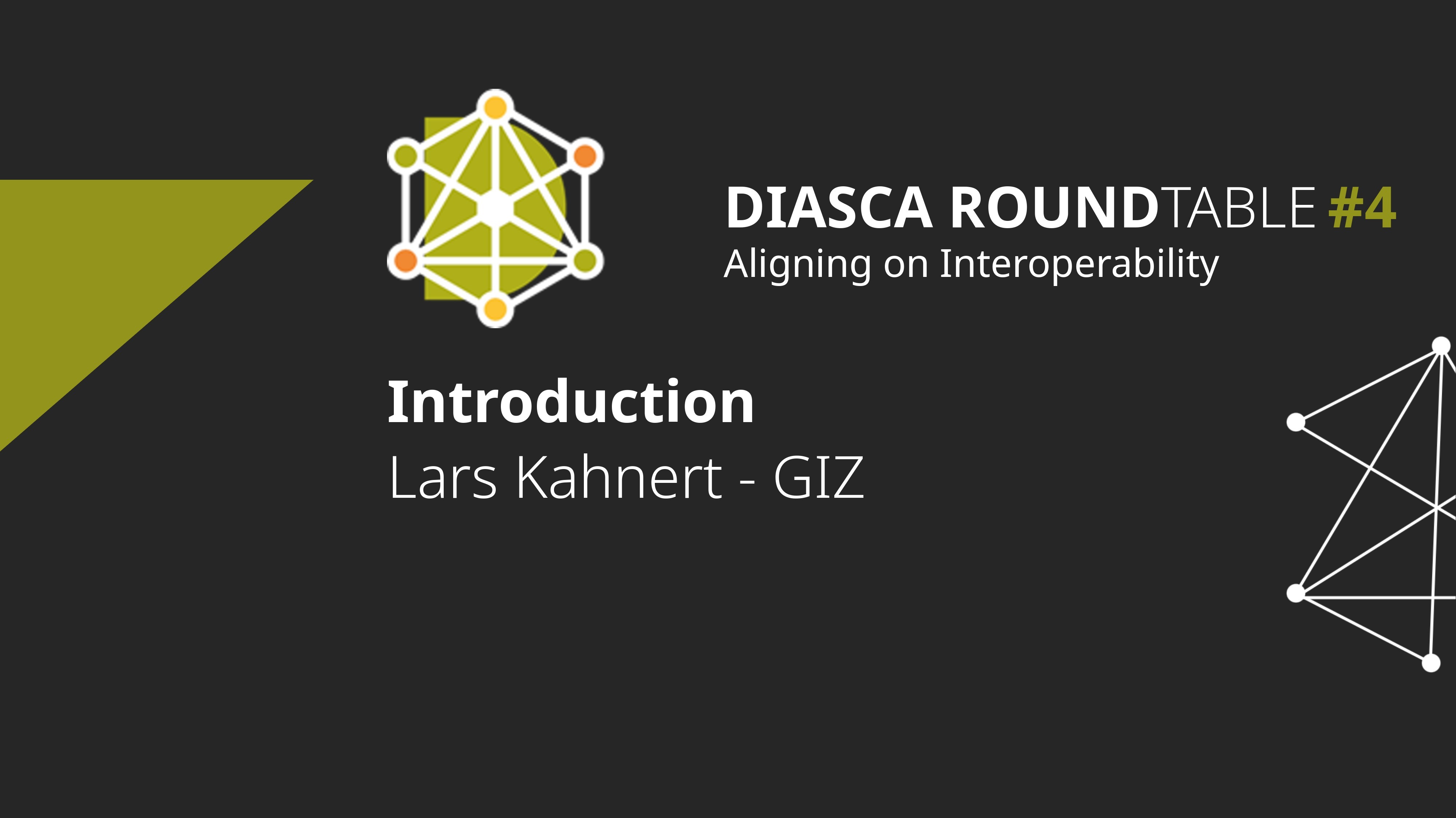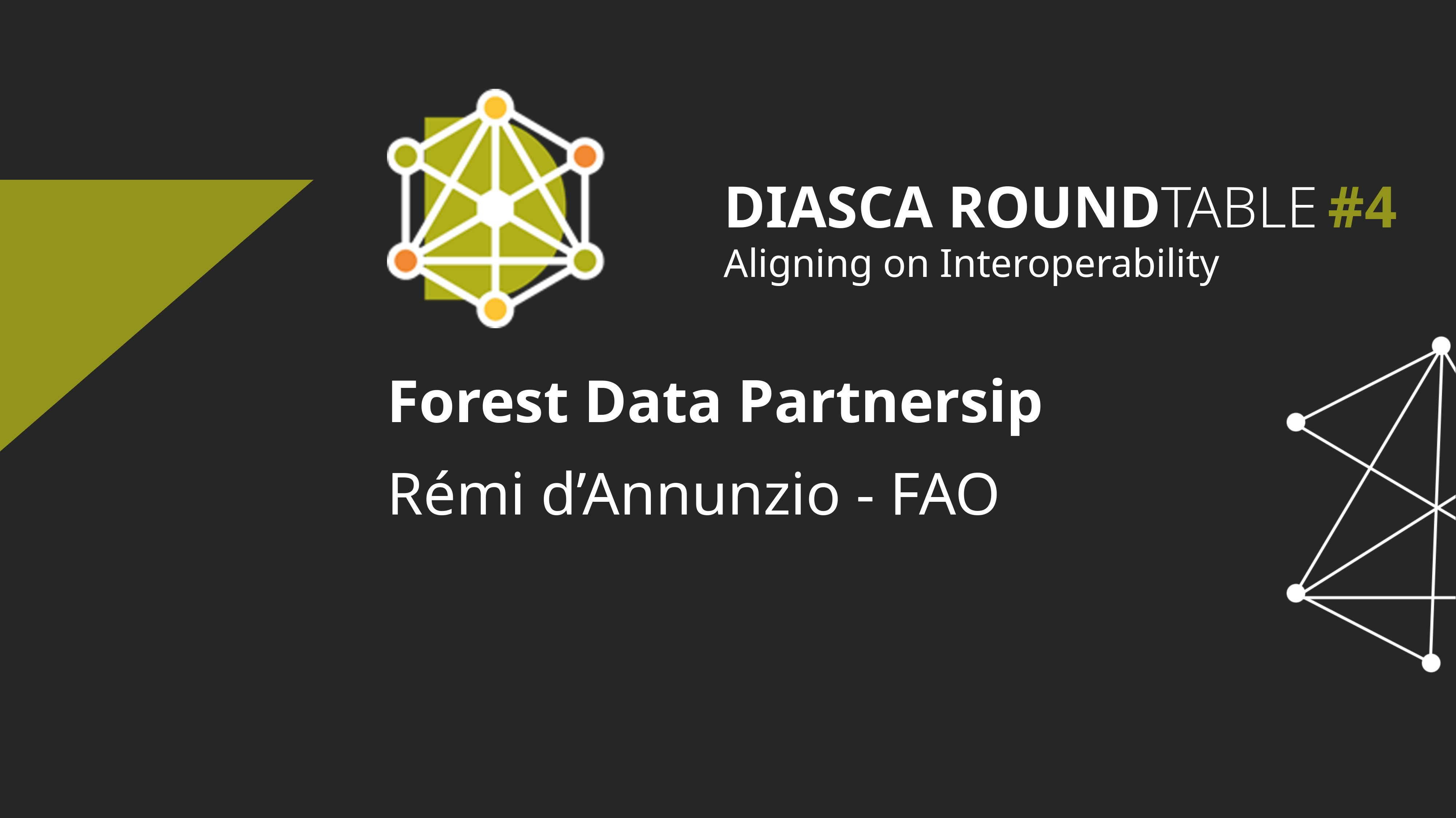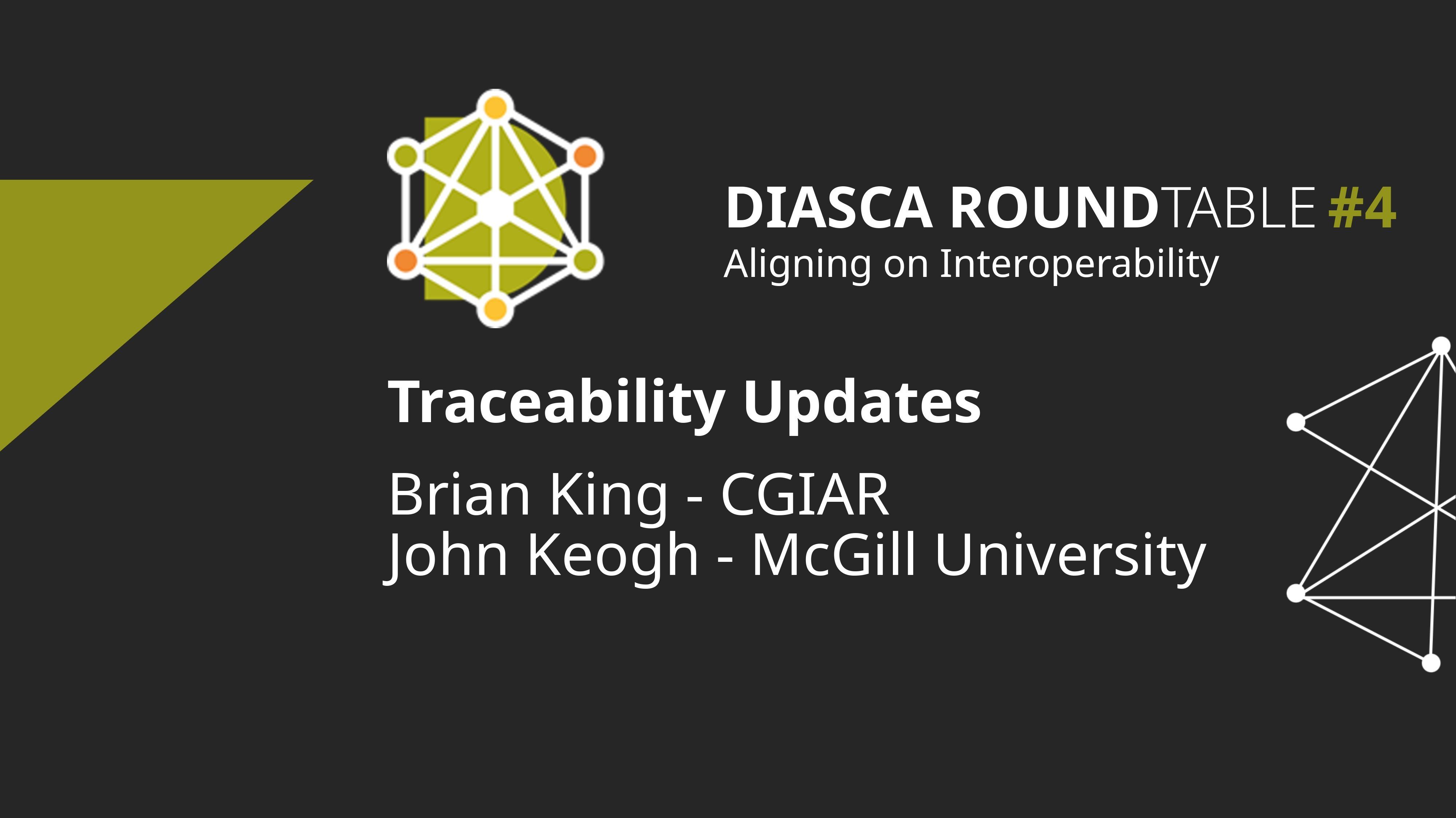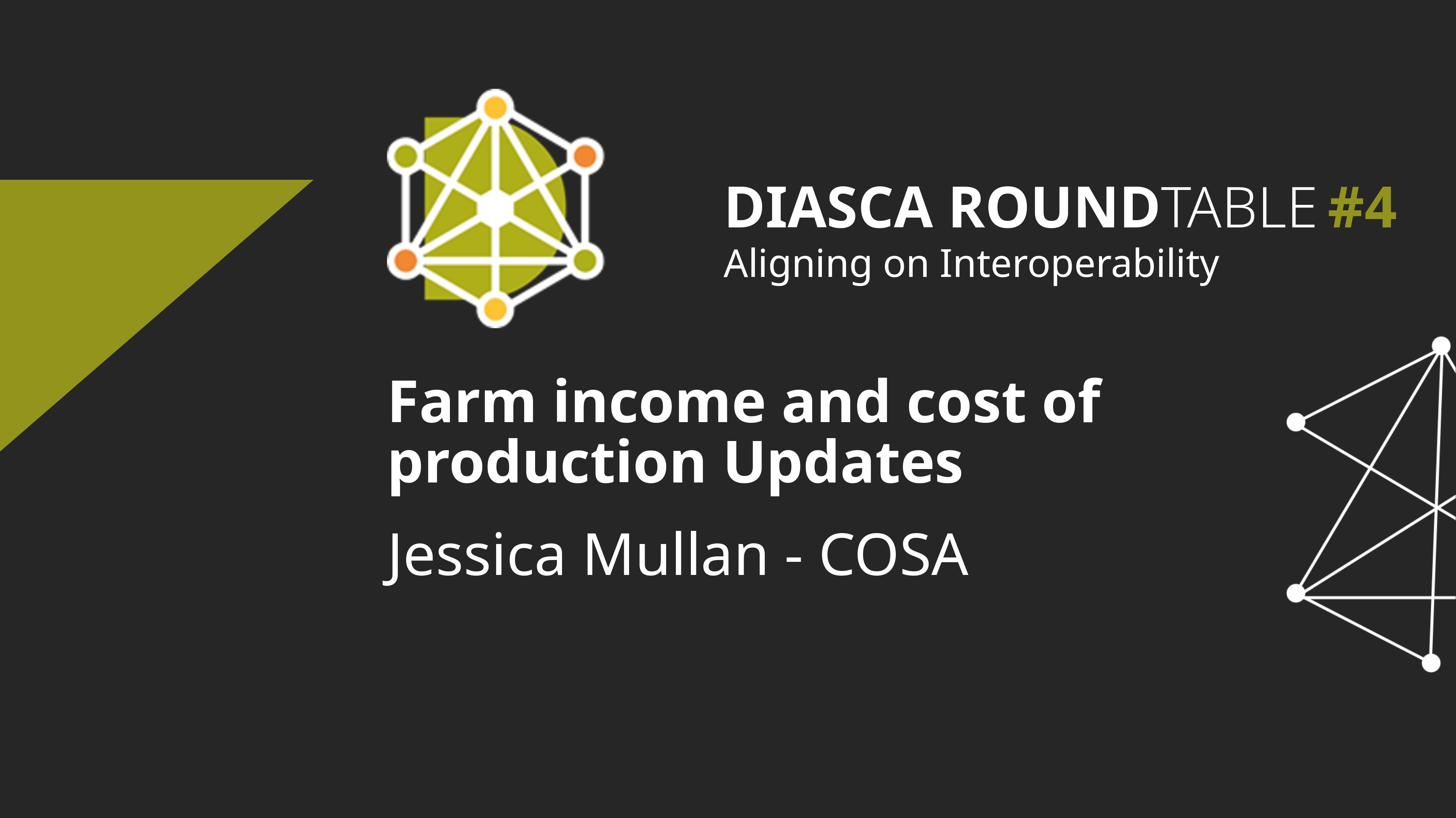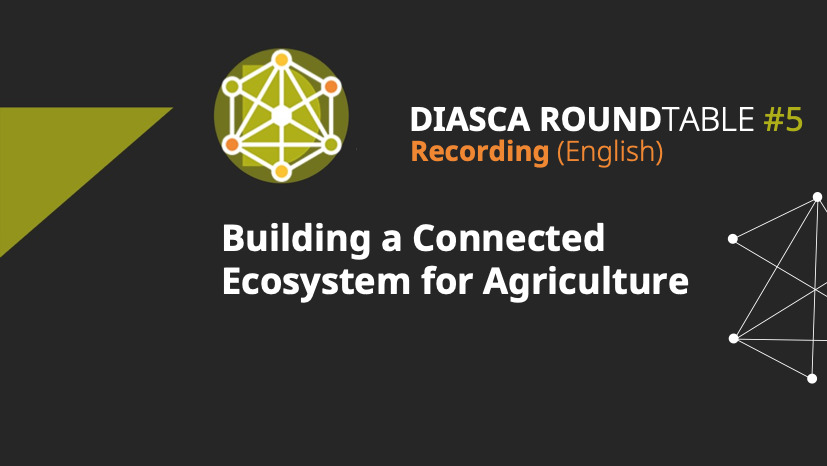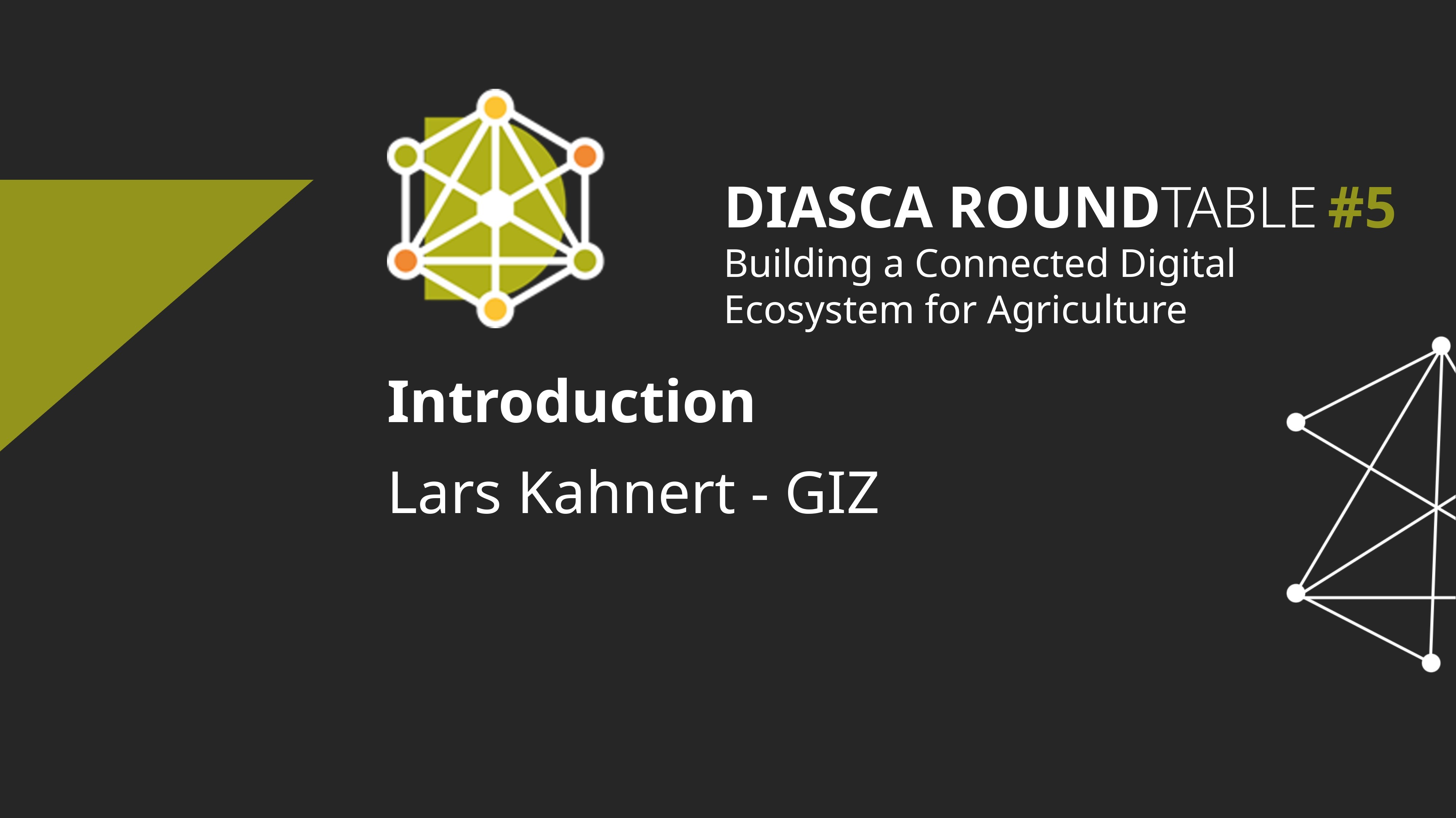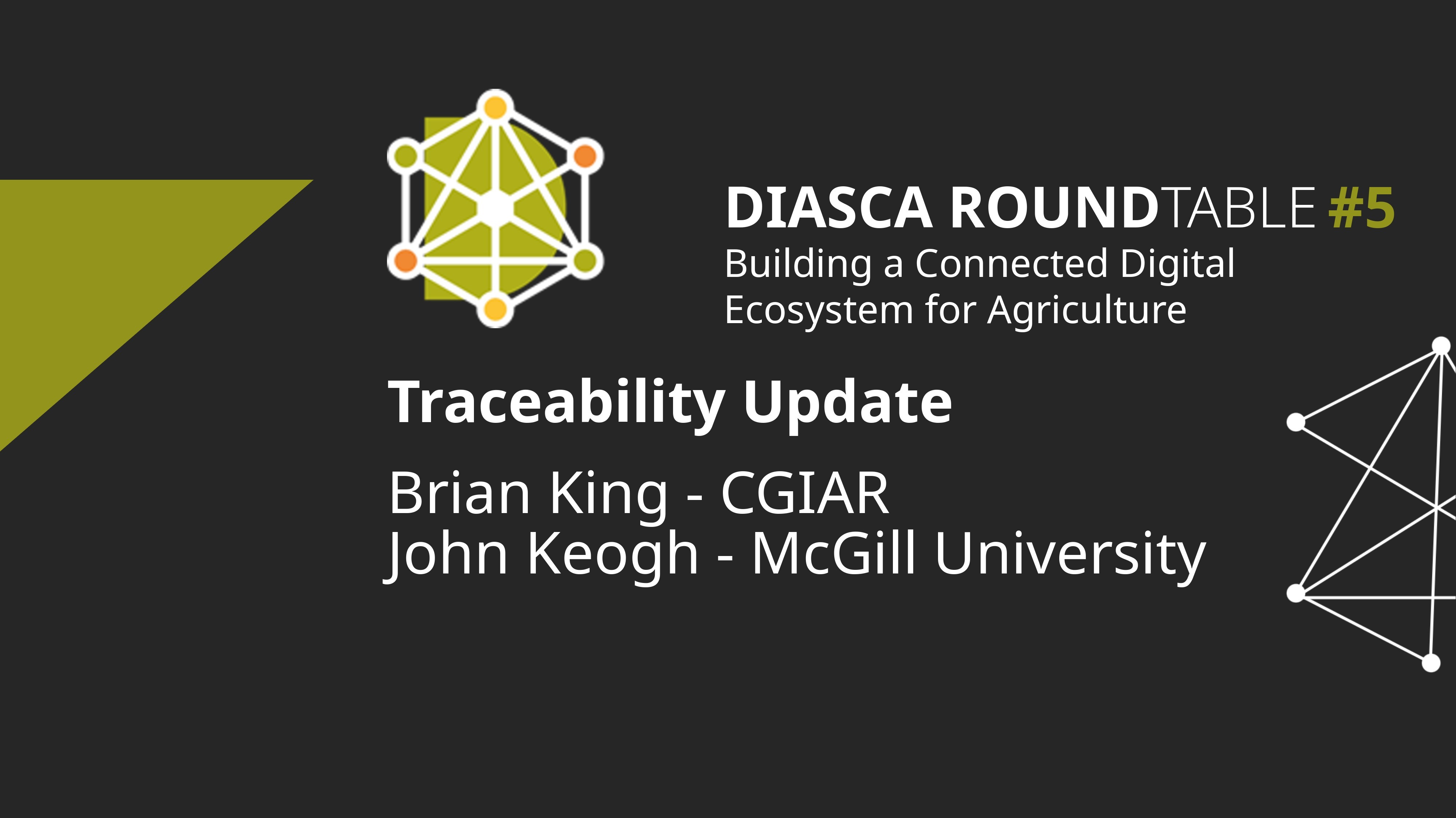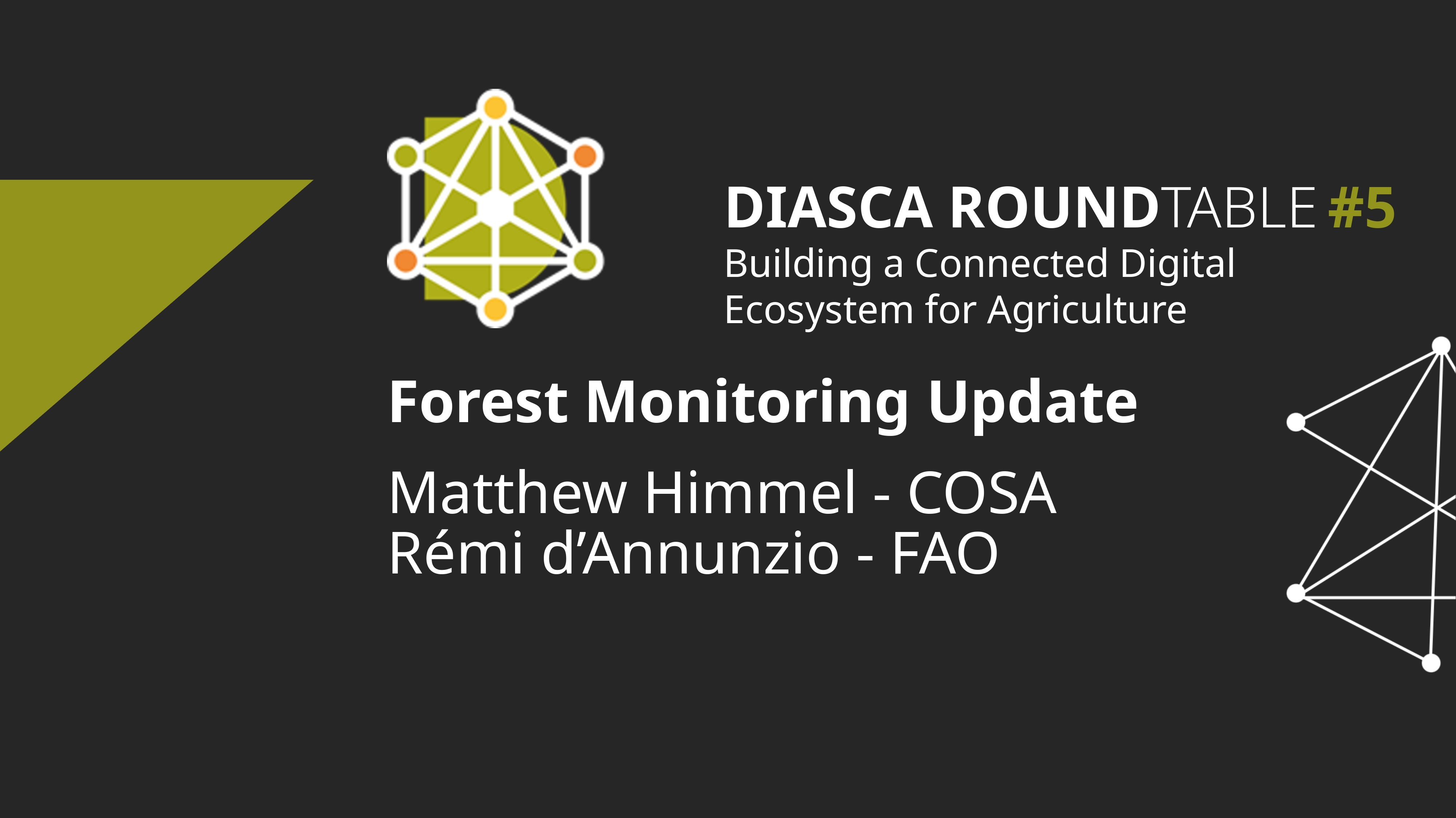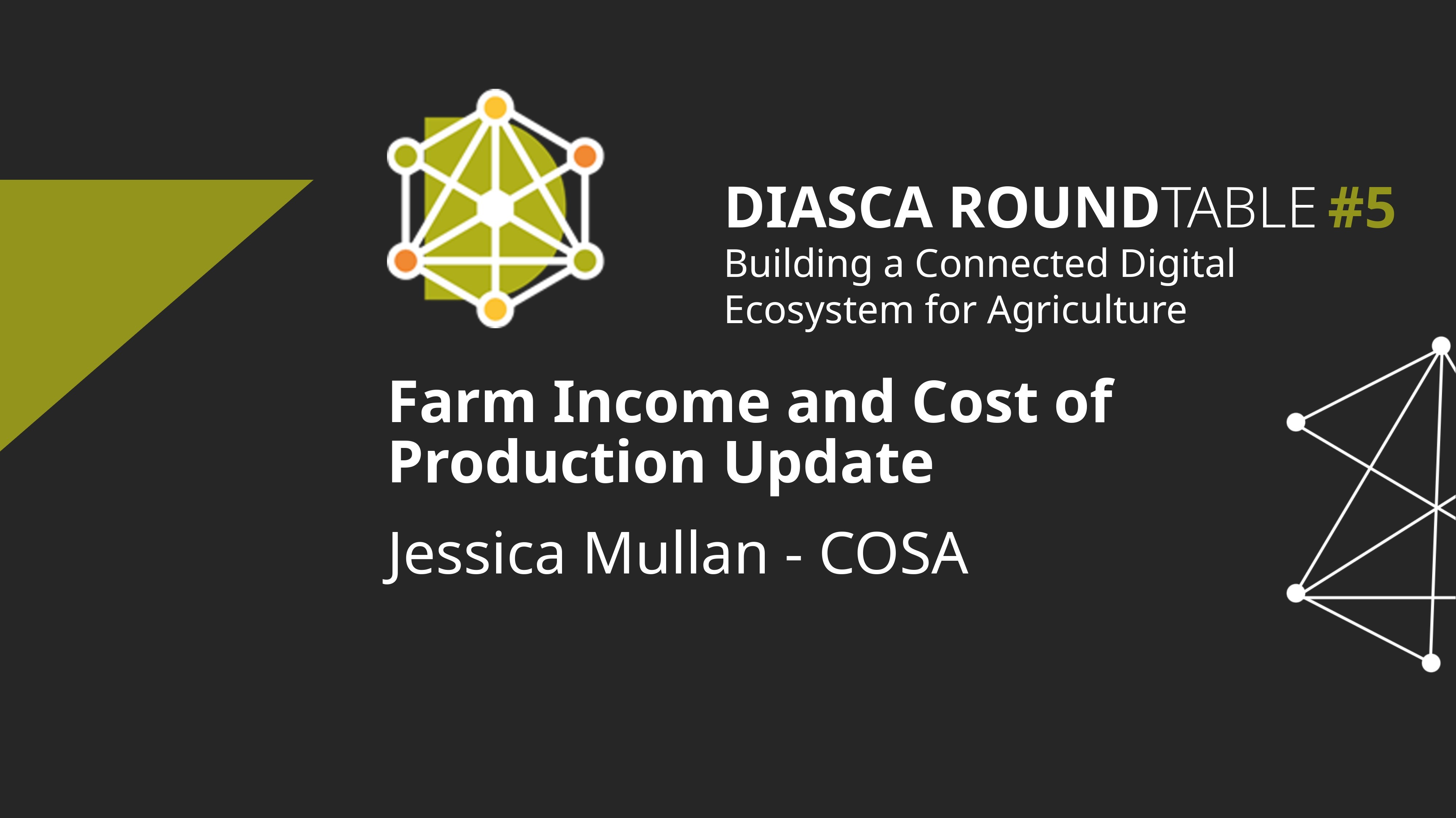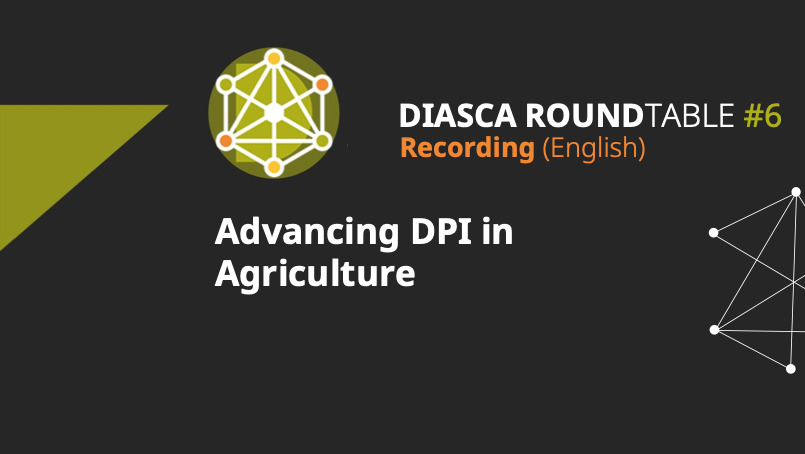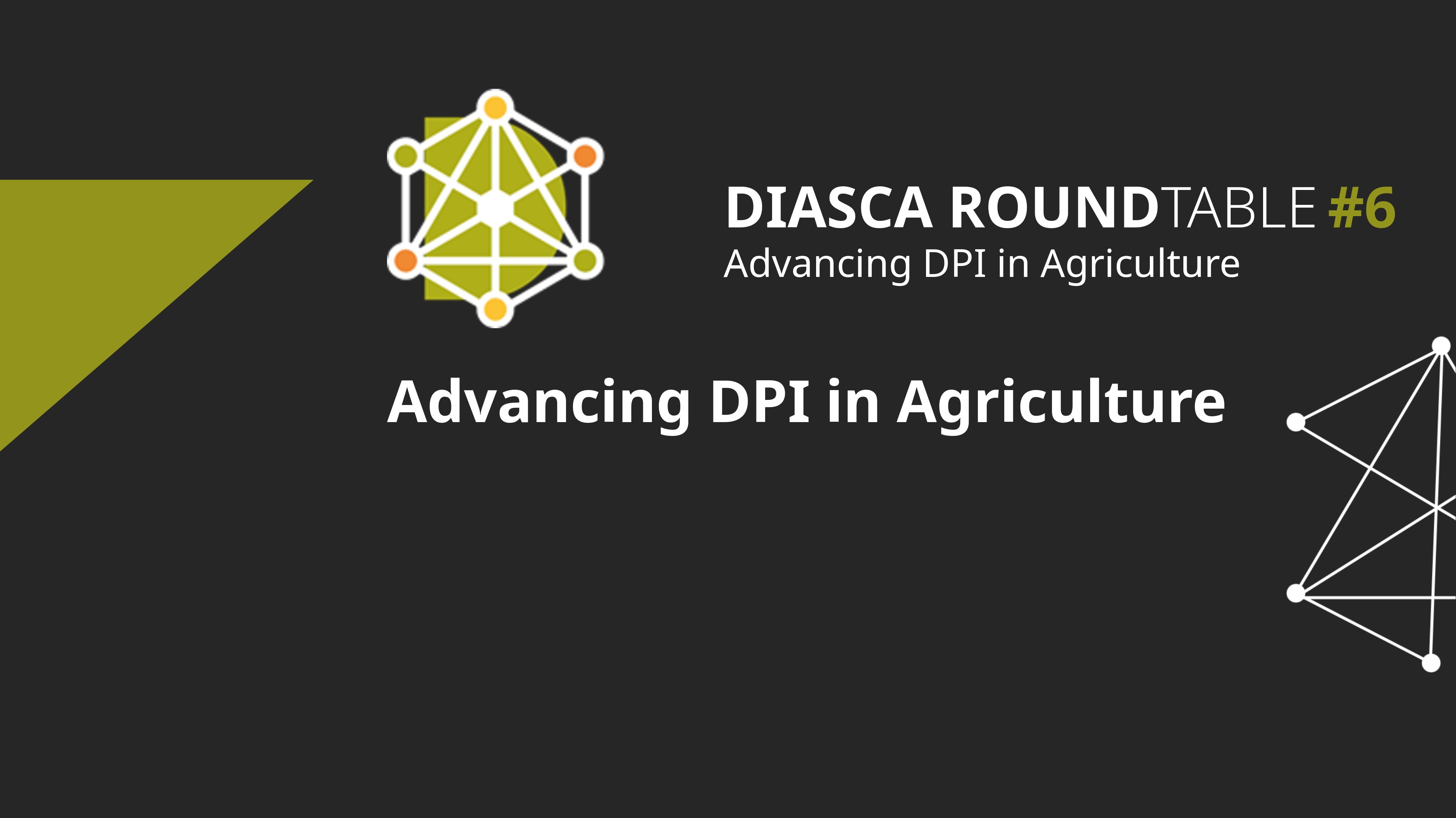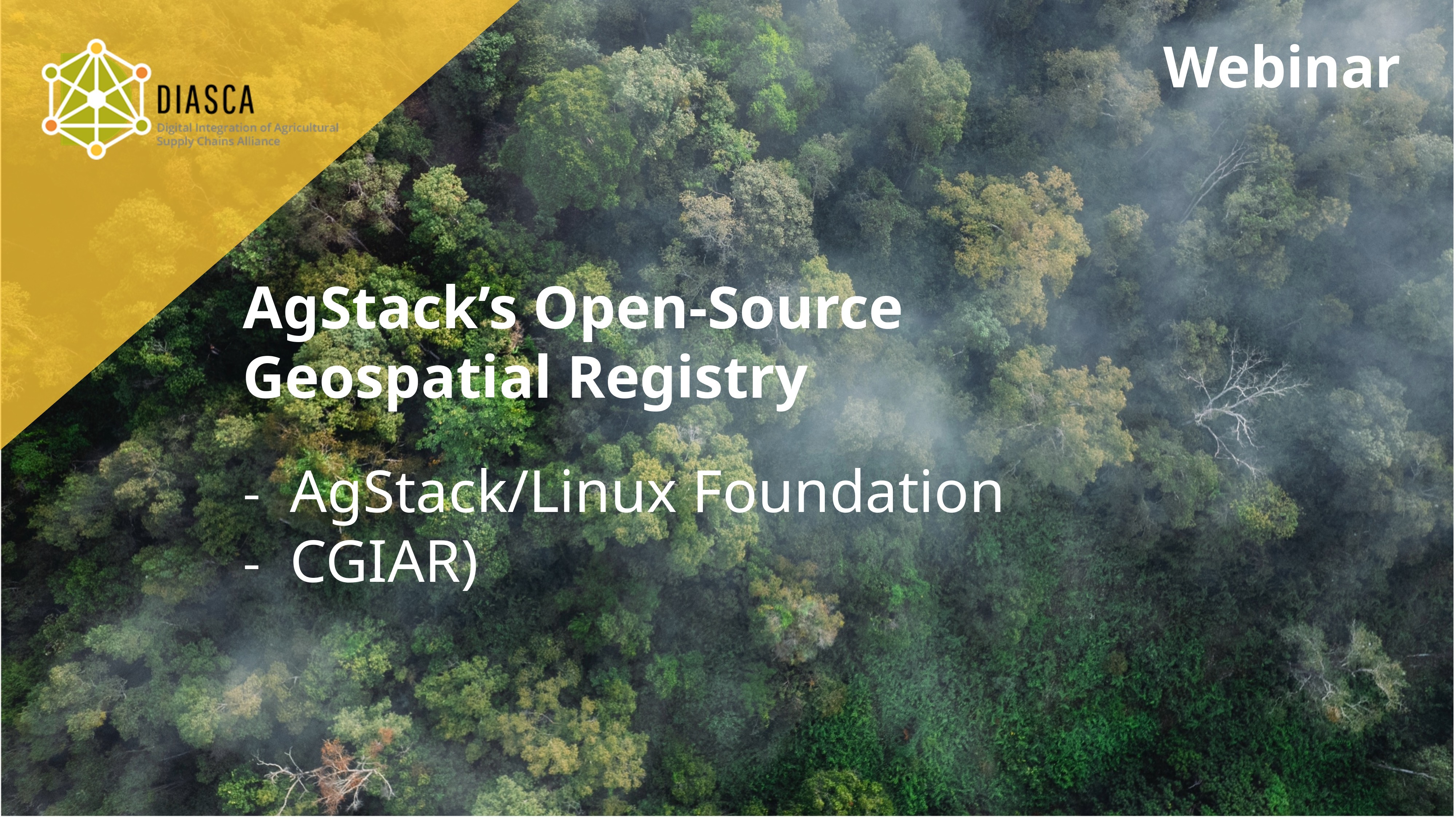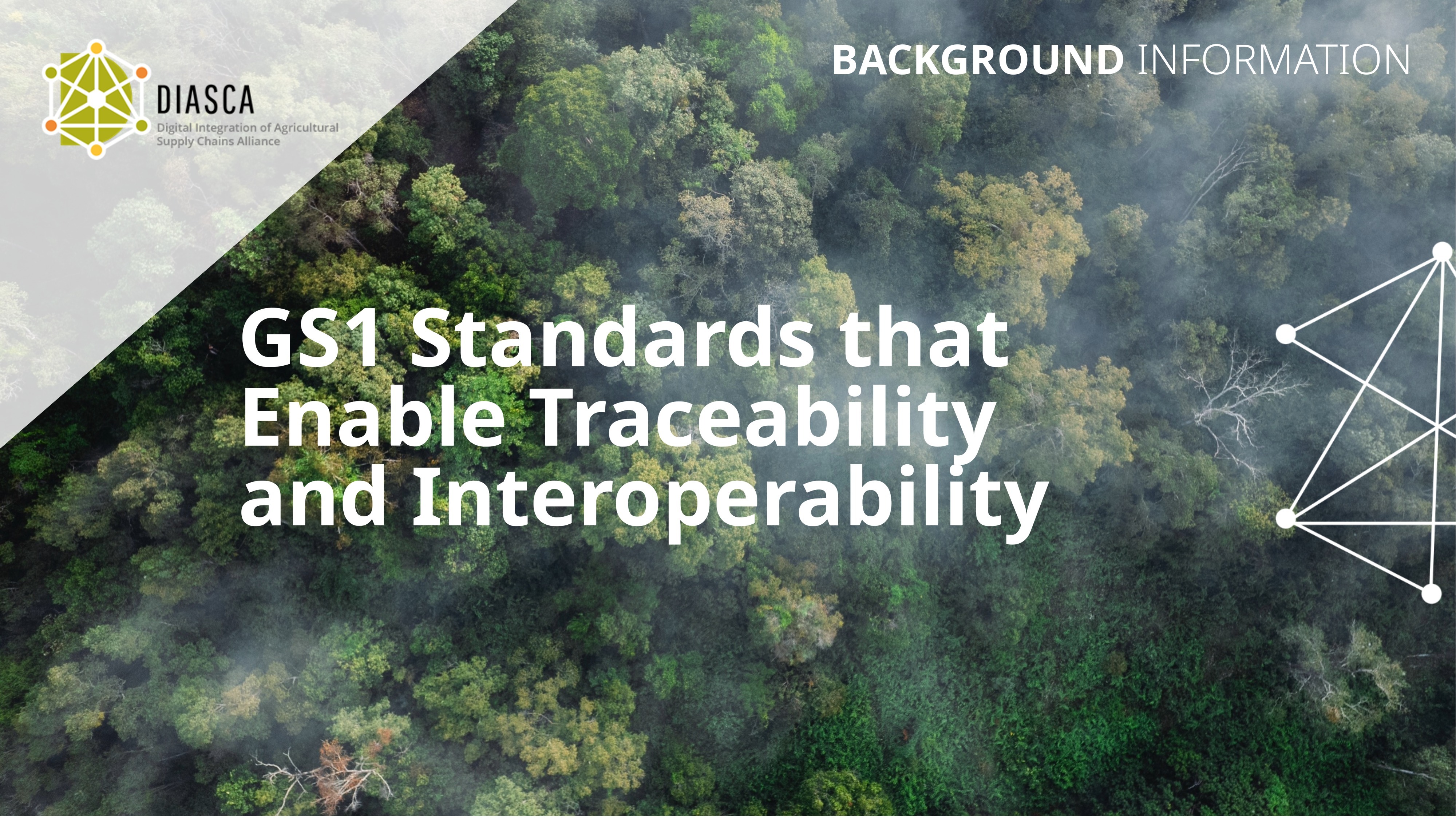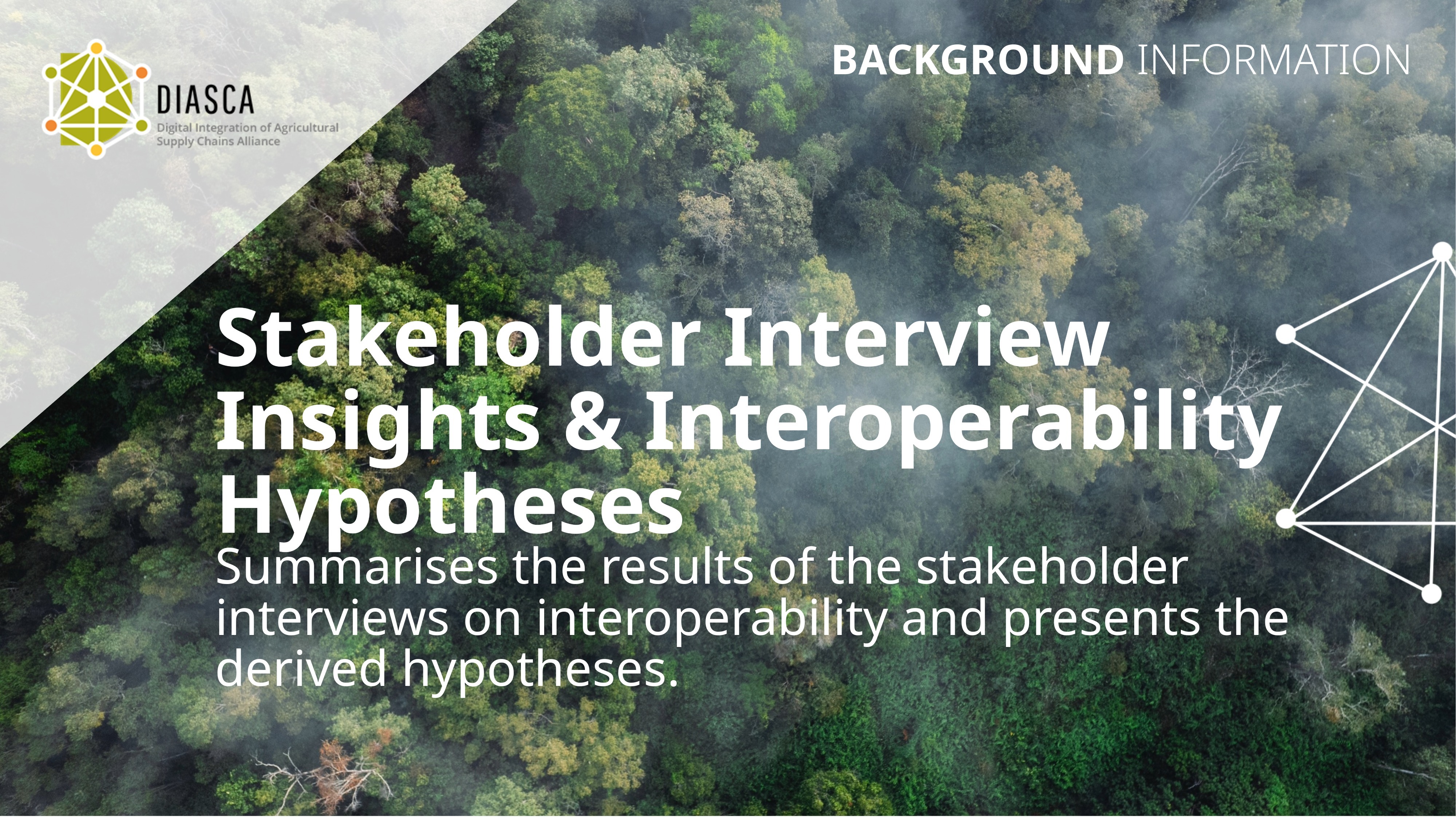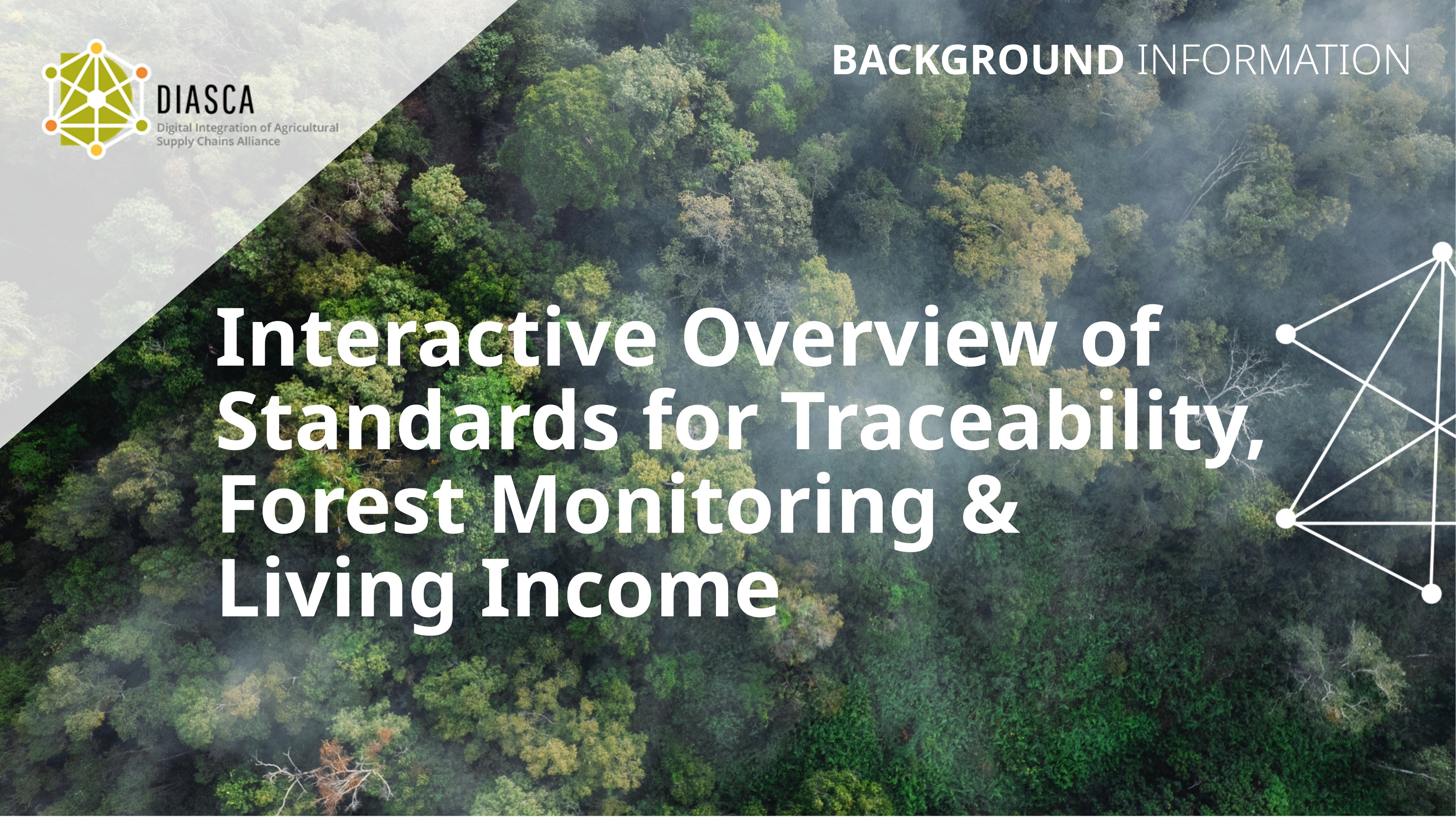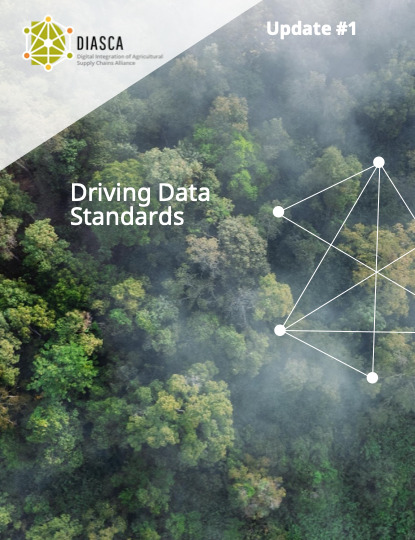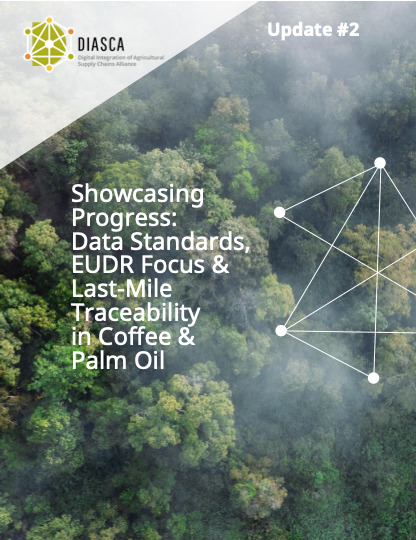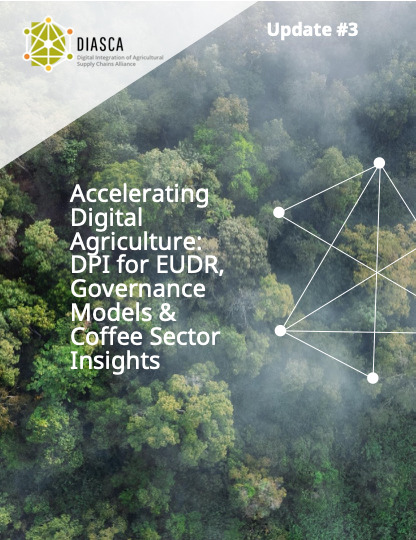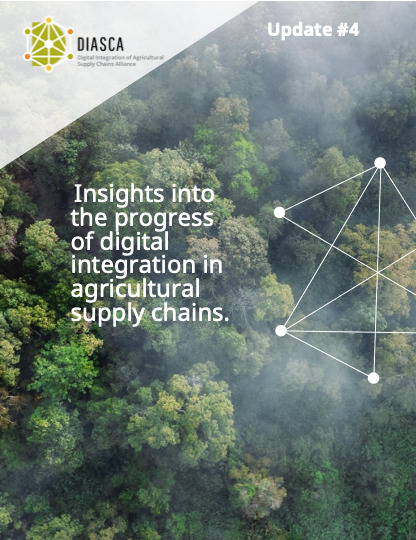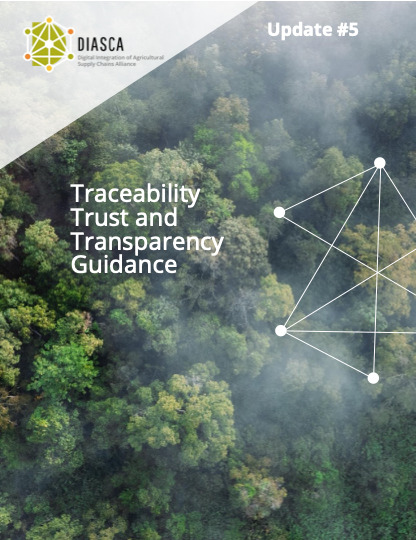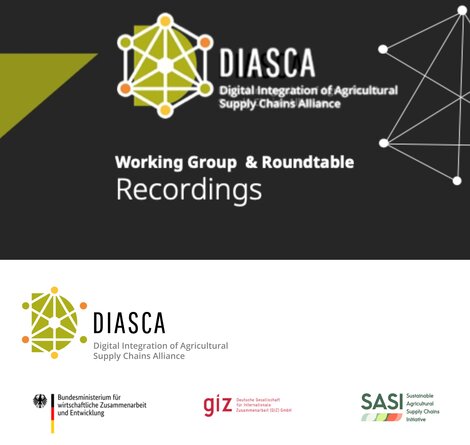Digital Integration of Agricultural Supply Chains Alliance (DIASCA) is a global alliance advancing digital public infrastructure (DPI) for agriculture
Our inclusive network brings together governments, companies, civil society, researchers and producers to co-create open, and secure digital solutions that support due diligence for sustainable supply chains to improve farmer livelihoods. Through standardized data, transparent governance, and community-driven innovation, we enable data interoperability and equitable value creation across agricultural supply chains. Together, we’re laying the foundation for a future where every farmer, every node in the supply chain, and every nation can thrive through trusted digital tools.

From data standards to digital public infrastructure (DPI) for EUDR compliance
The EU regulation on deforestation-free products will come into force on 30 December 2025, and requires the digital capture of specific data to ensure compliance with this regulation:
- Geolocation of fields: It is required to collect geodata of agricultural land, either in the form of polygon coordinates for fields or at least as geopoints for areas under 4 hectares.
- Forest monitoring: reliable methods are needed, based on satellite imagery, to accurately assess whether or not deforestation has occurred within a given time period.
- Traceability: information and data on the origin of the product must be passed on via traceability solutions along the entire supply chain up to import into the EU market.
So far, there is a lack of proven and cost-effective solutions that can meet all three of these requirements. For this reason, a consortium consisting of DIASCA/GIZ, Linux Foundation/AgStack, FAO, COSA, and CGIAR is actively working on the development of a prototype for an integrated, open-source digital public infrastructure (DPI) that will be used to meet the EUDR directives. This DPI is based on several existing digital infrastructures and software components. The open-source applications are primarily intended to support smallholders and producer organizations in effectively implementing the requirements of the EUDR.
Get involved with DIASCA

